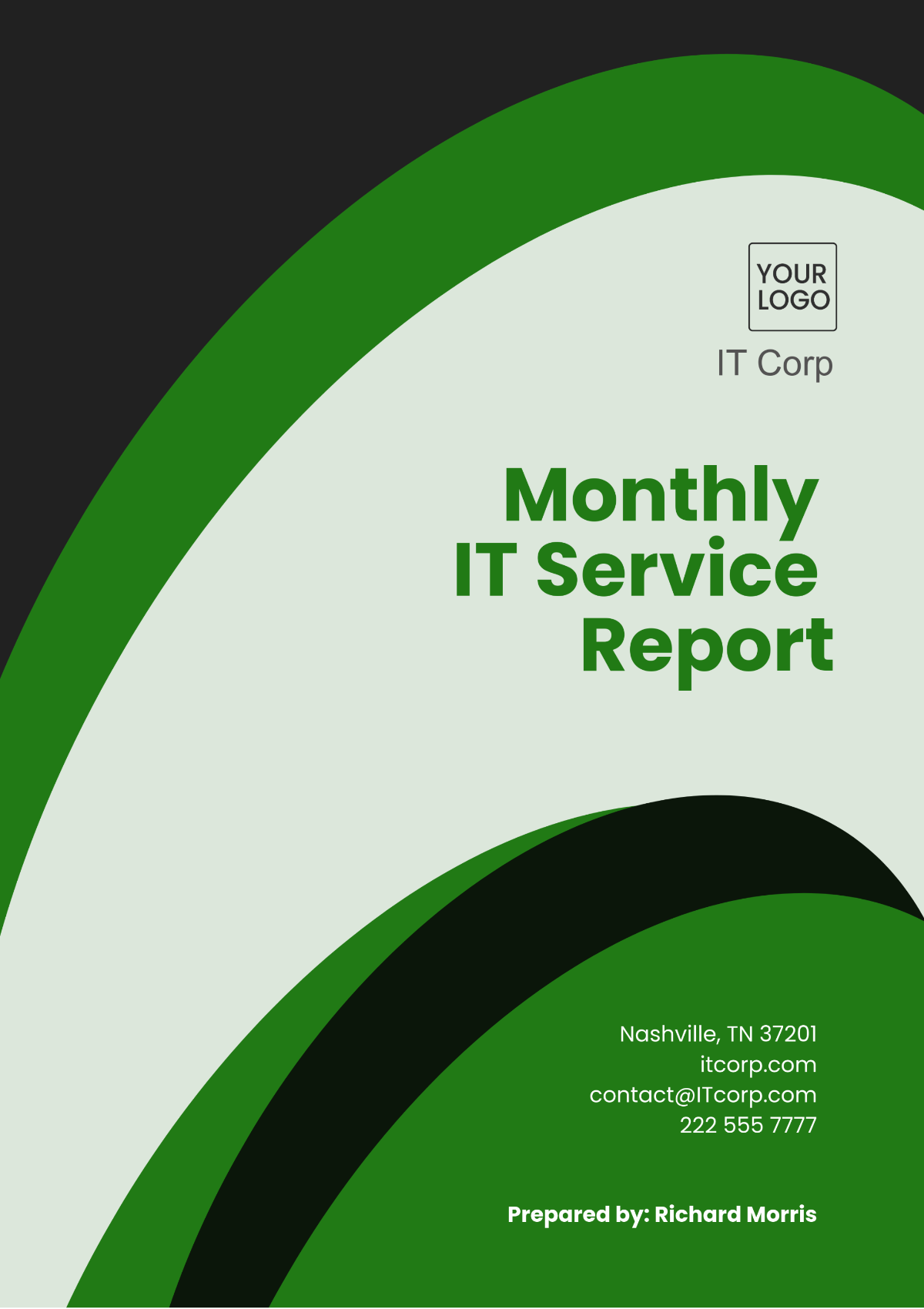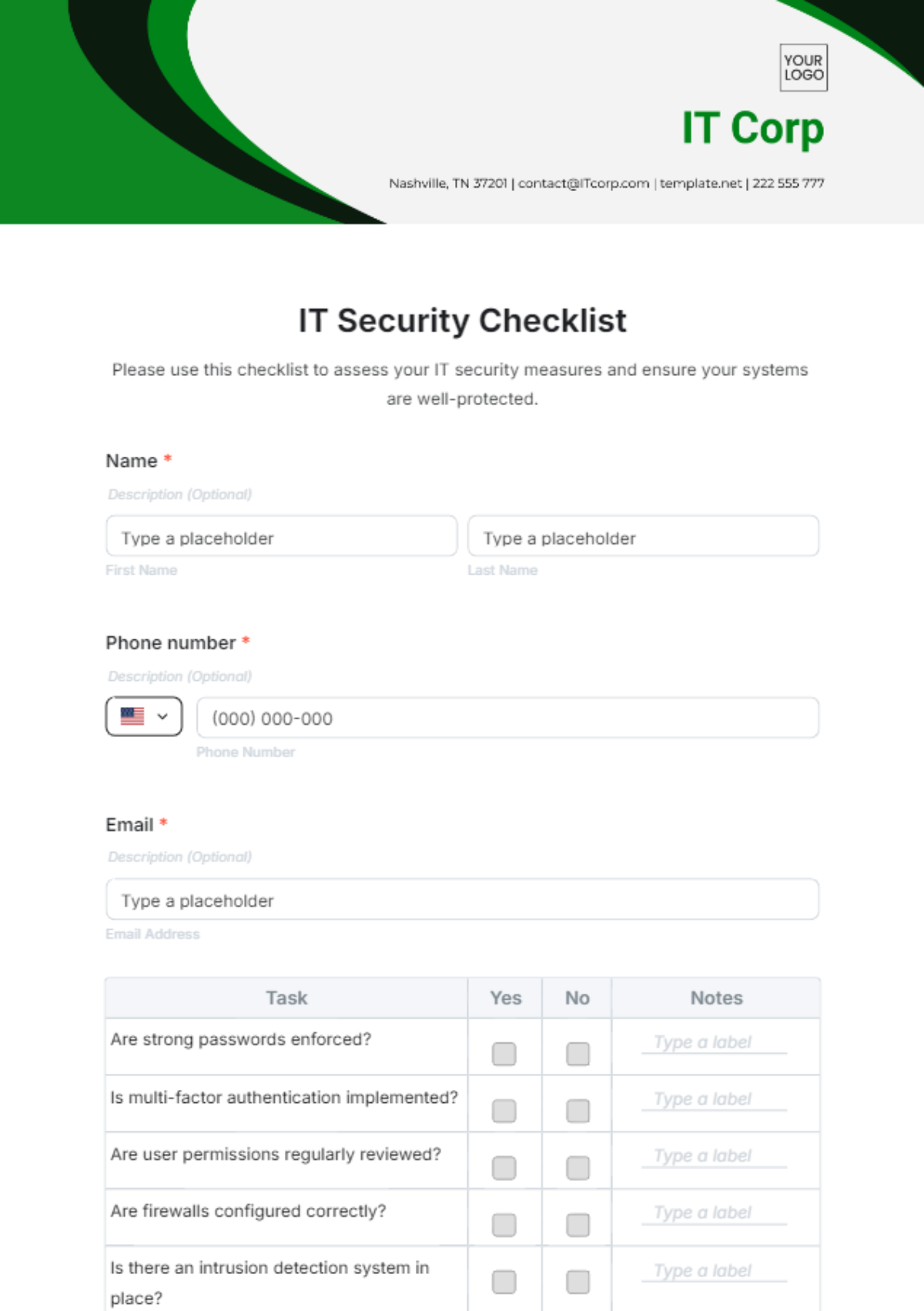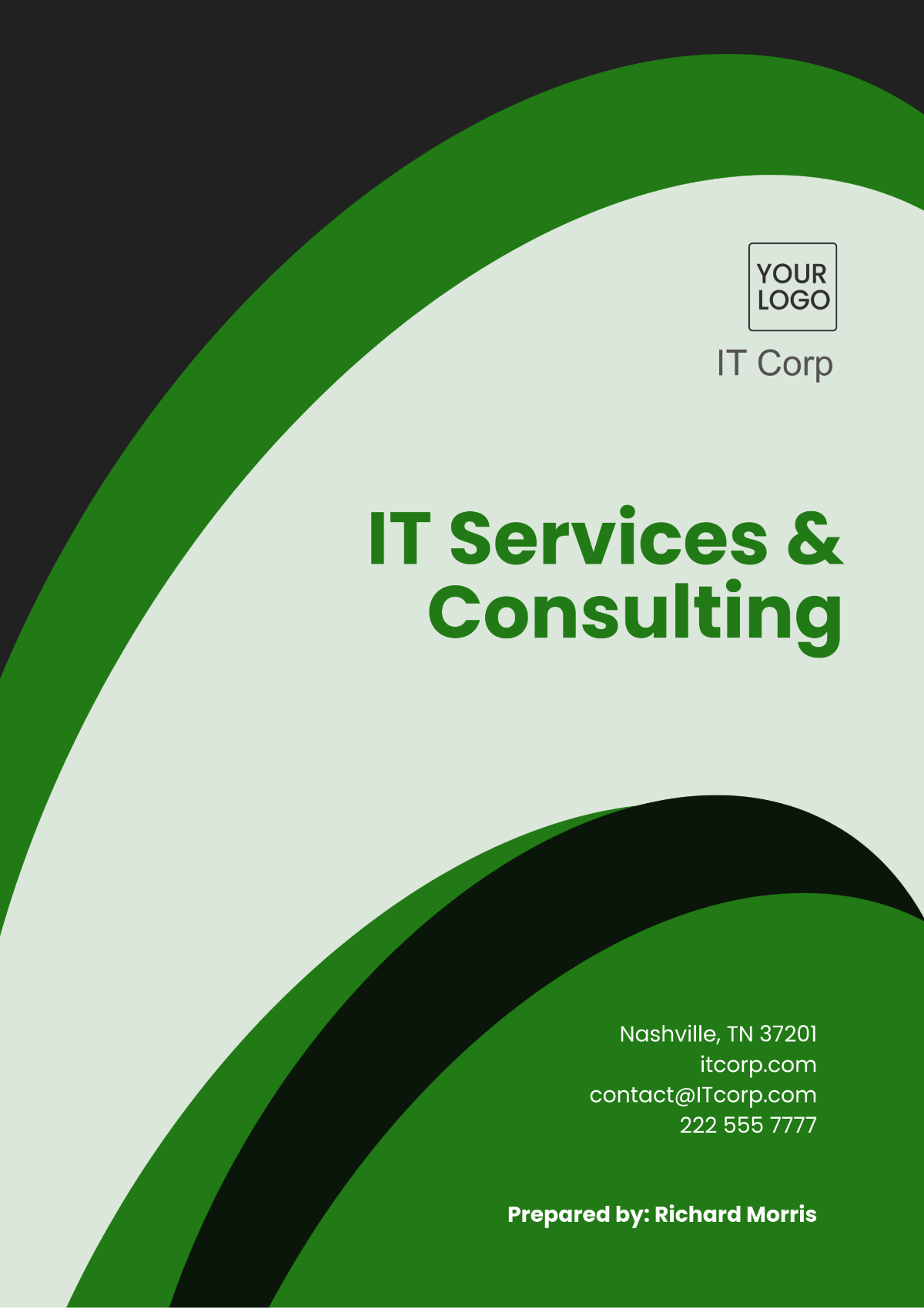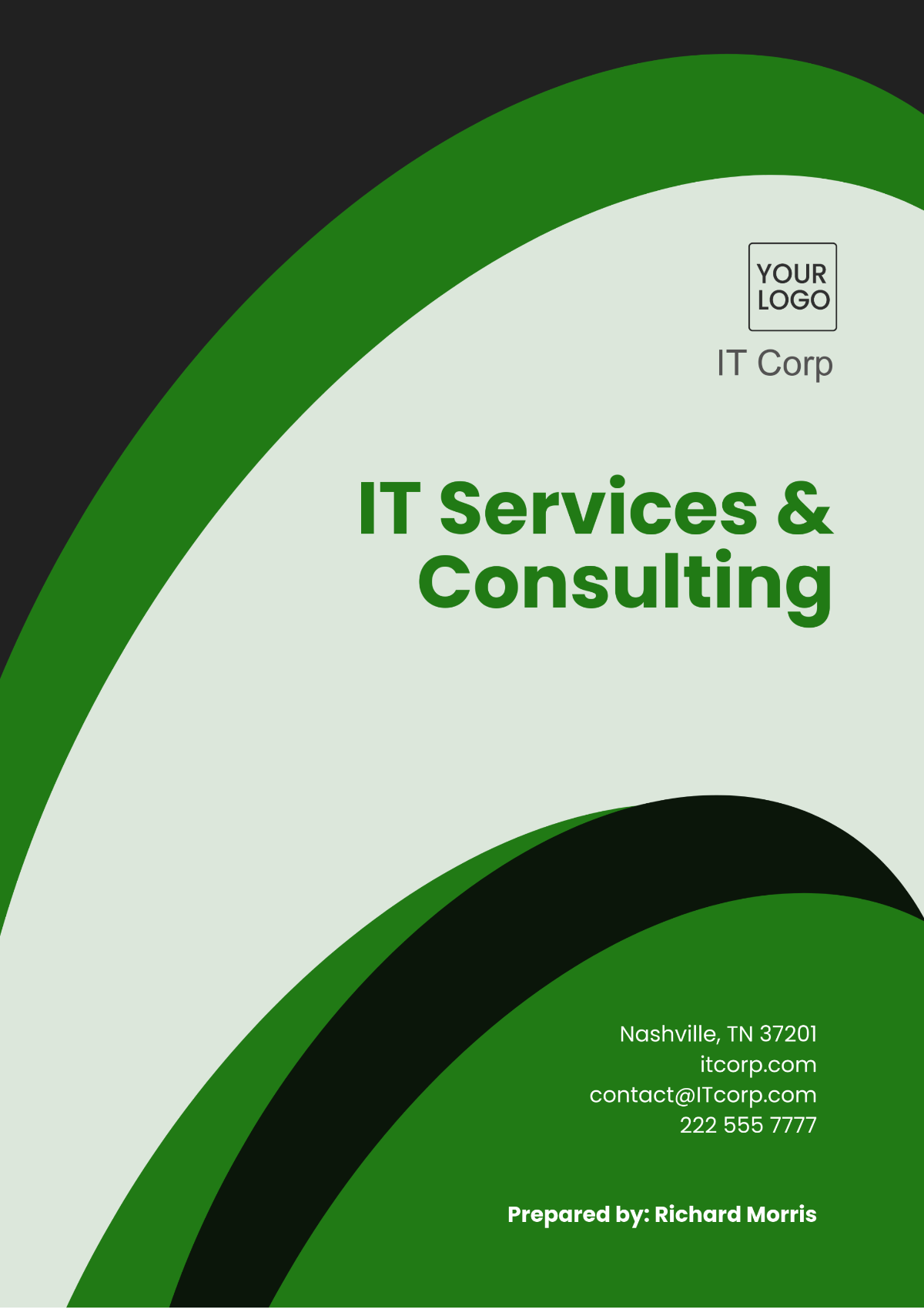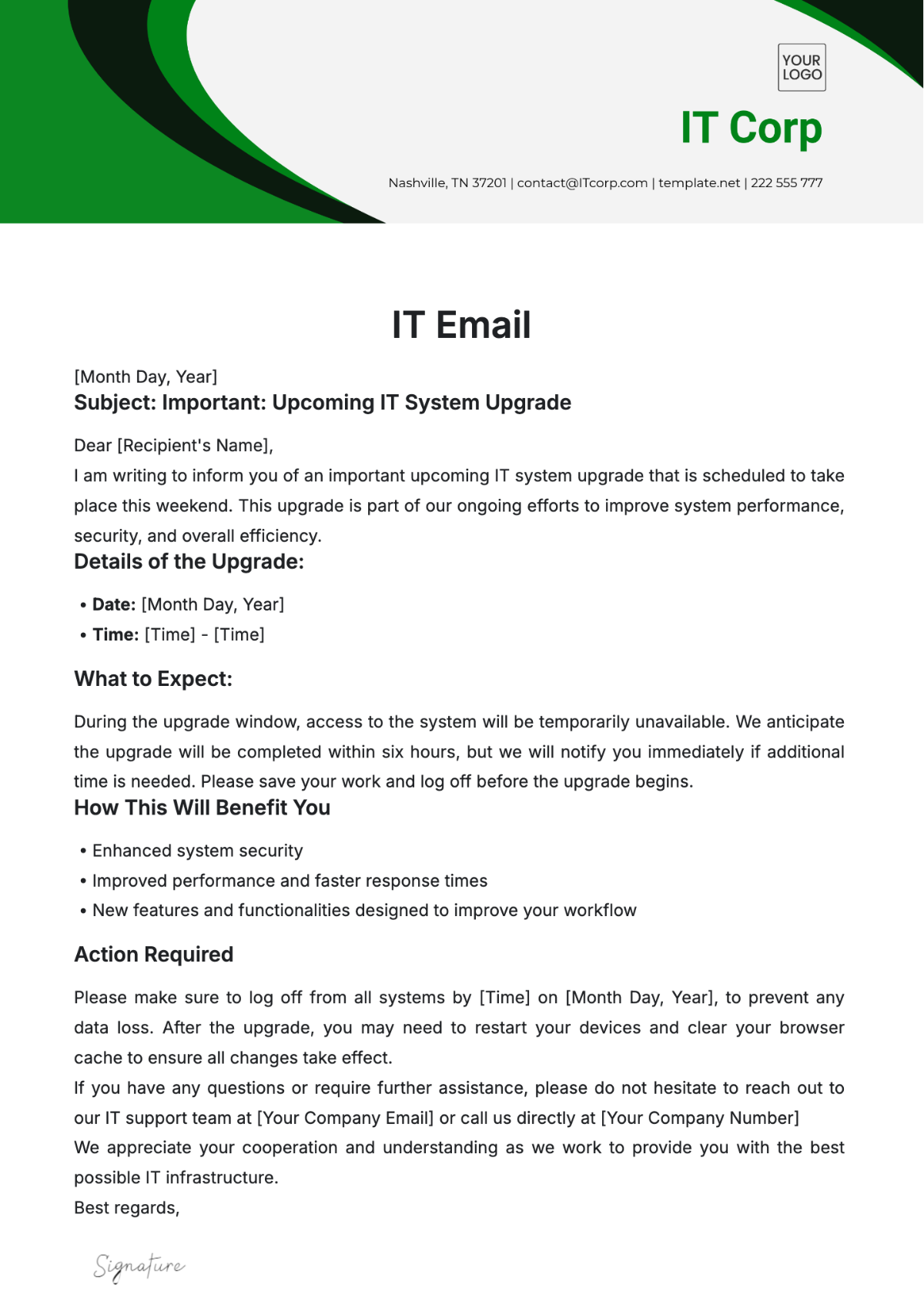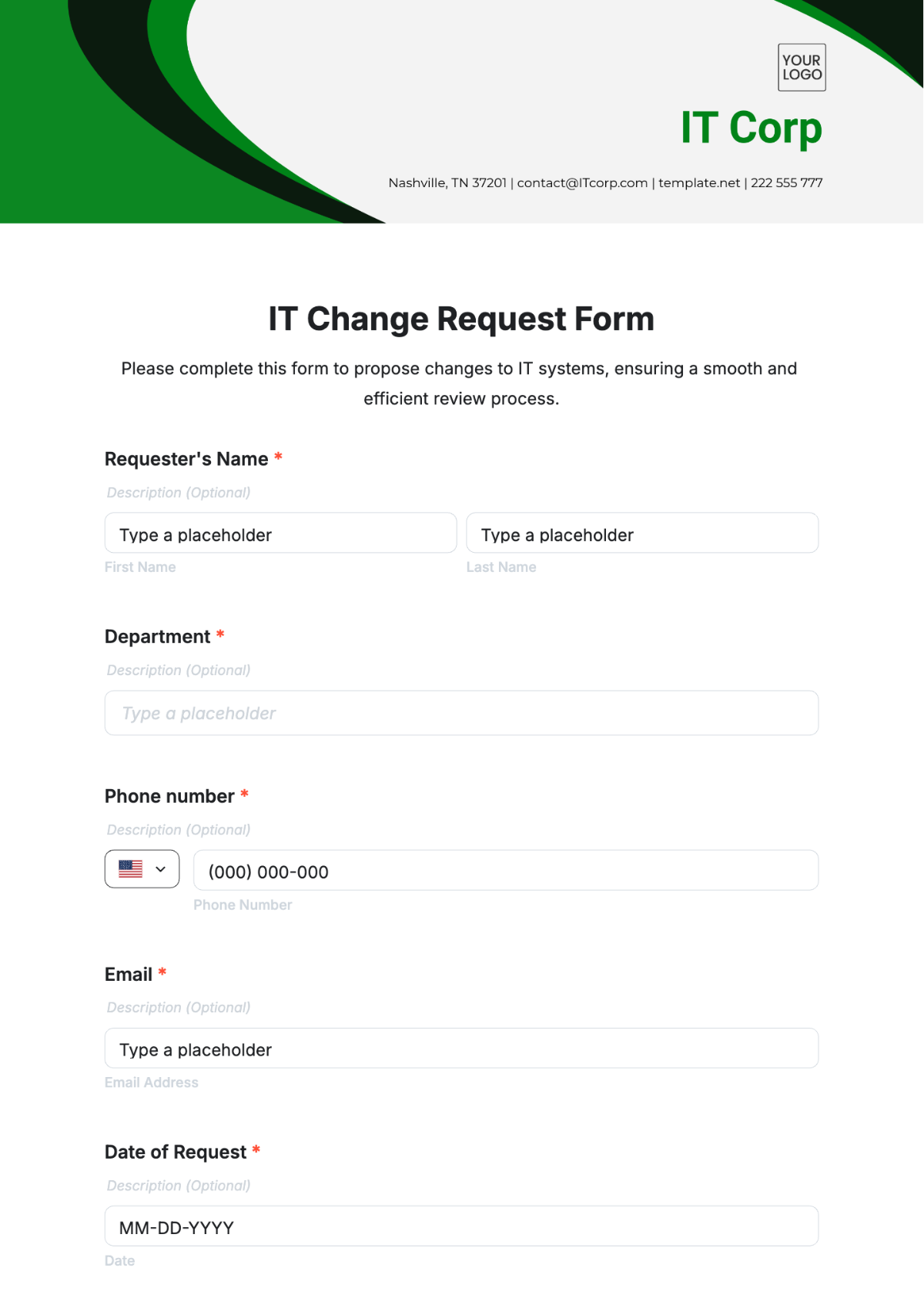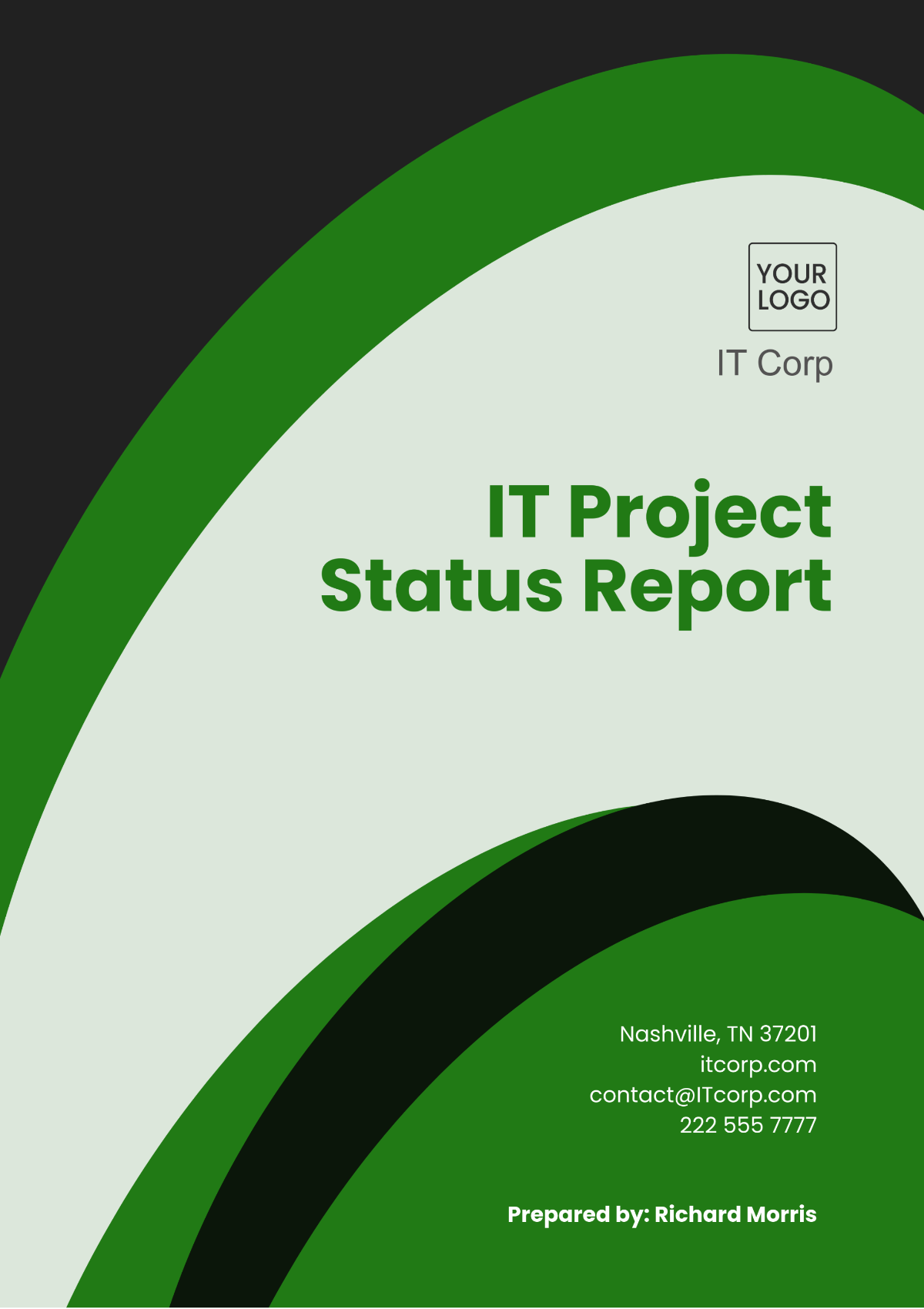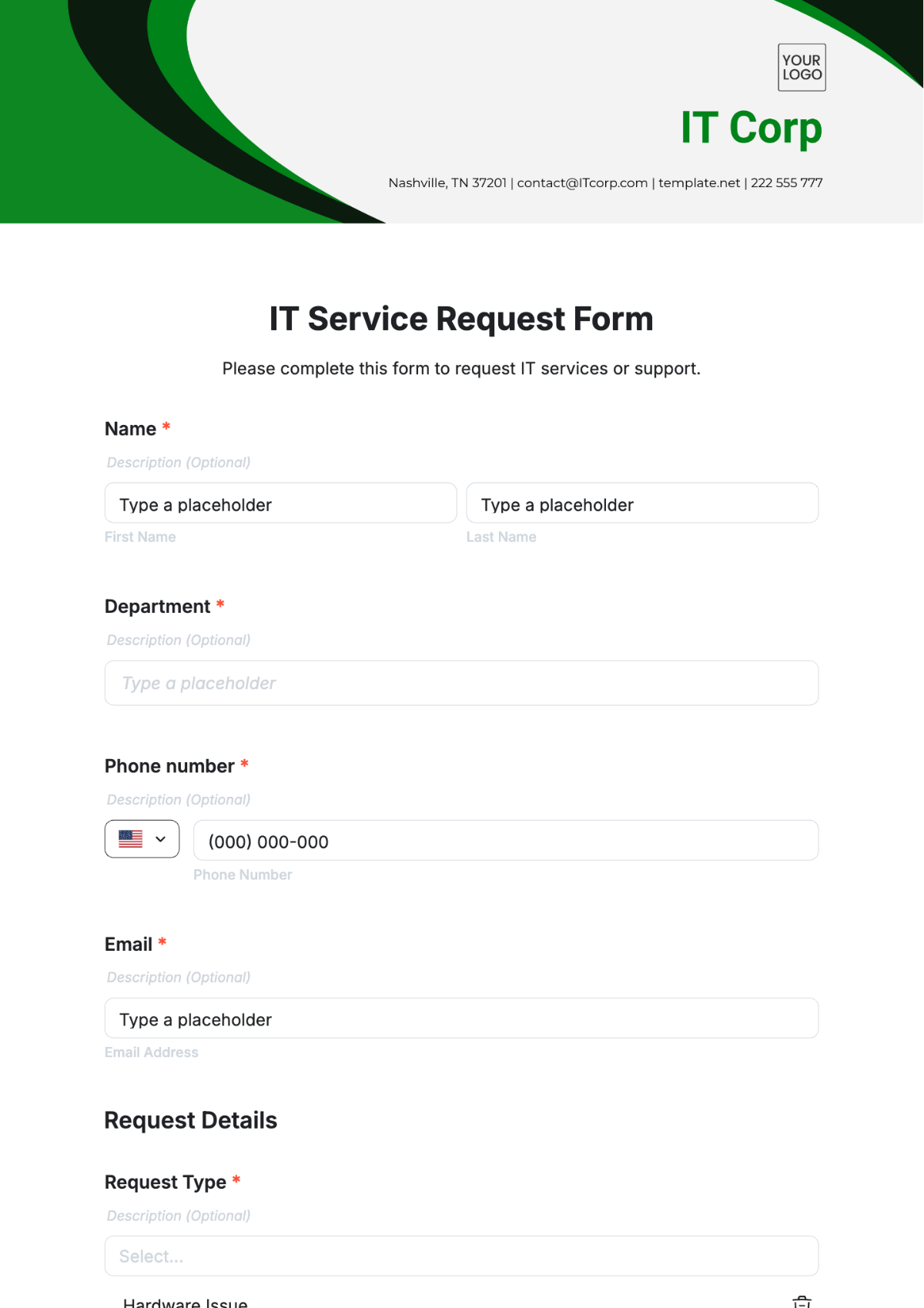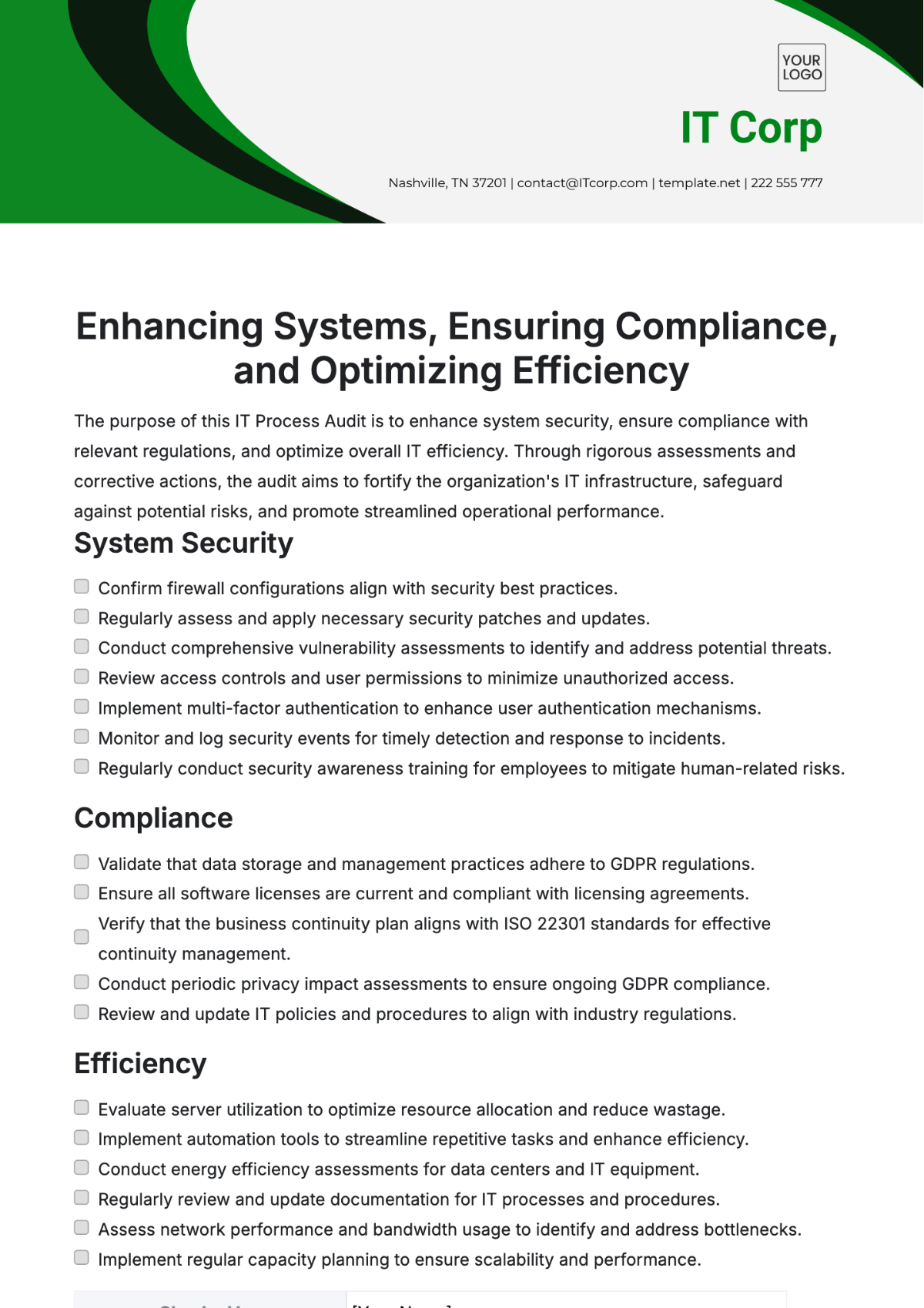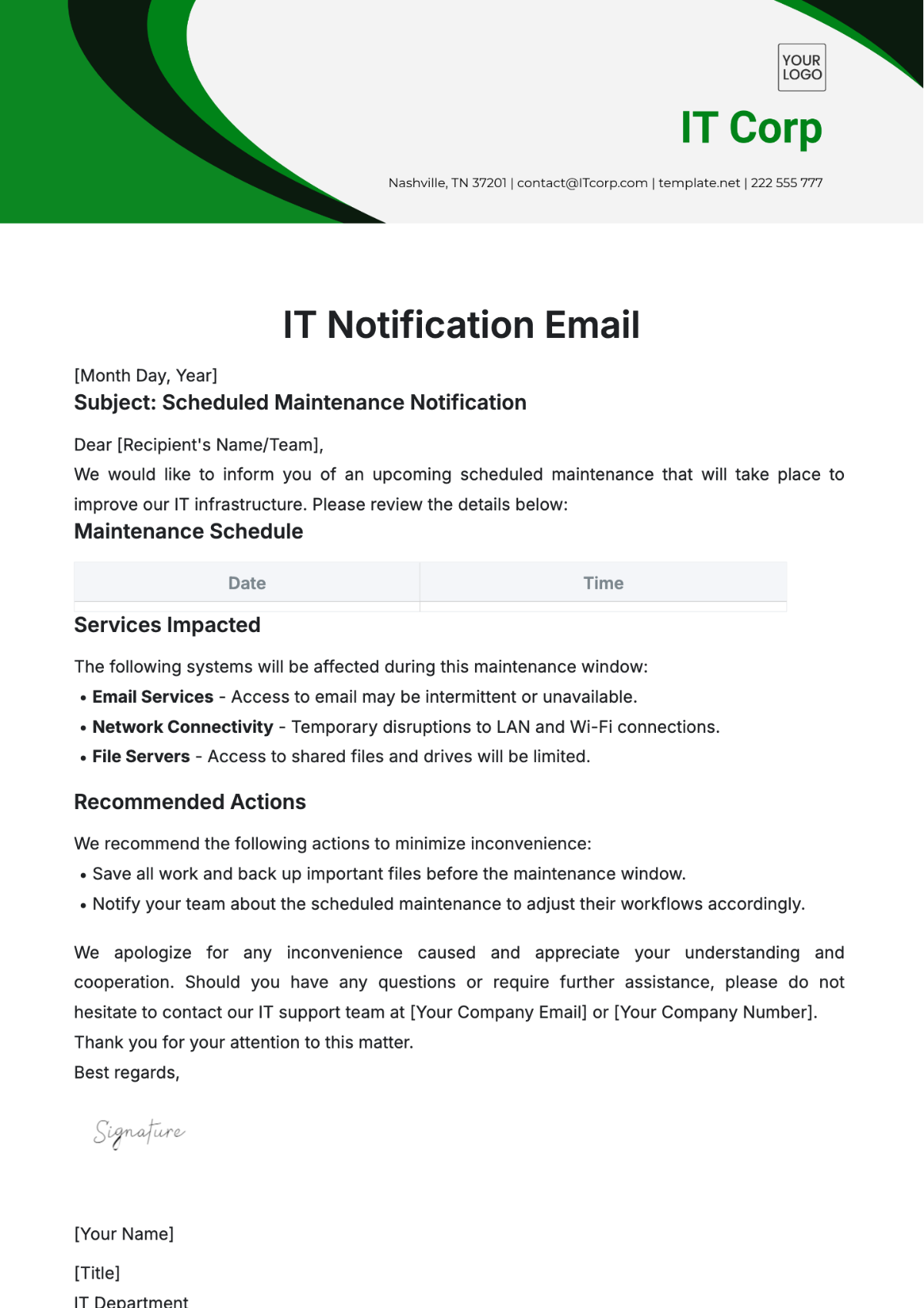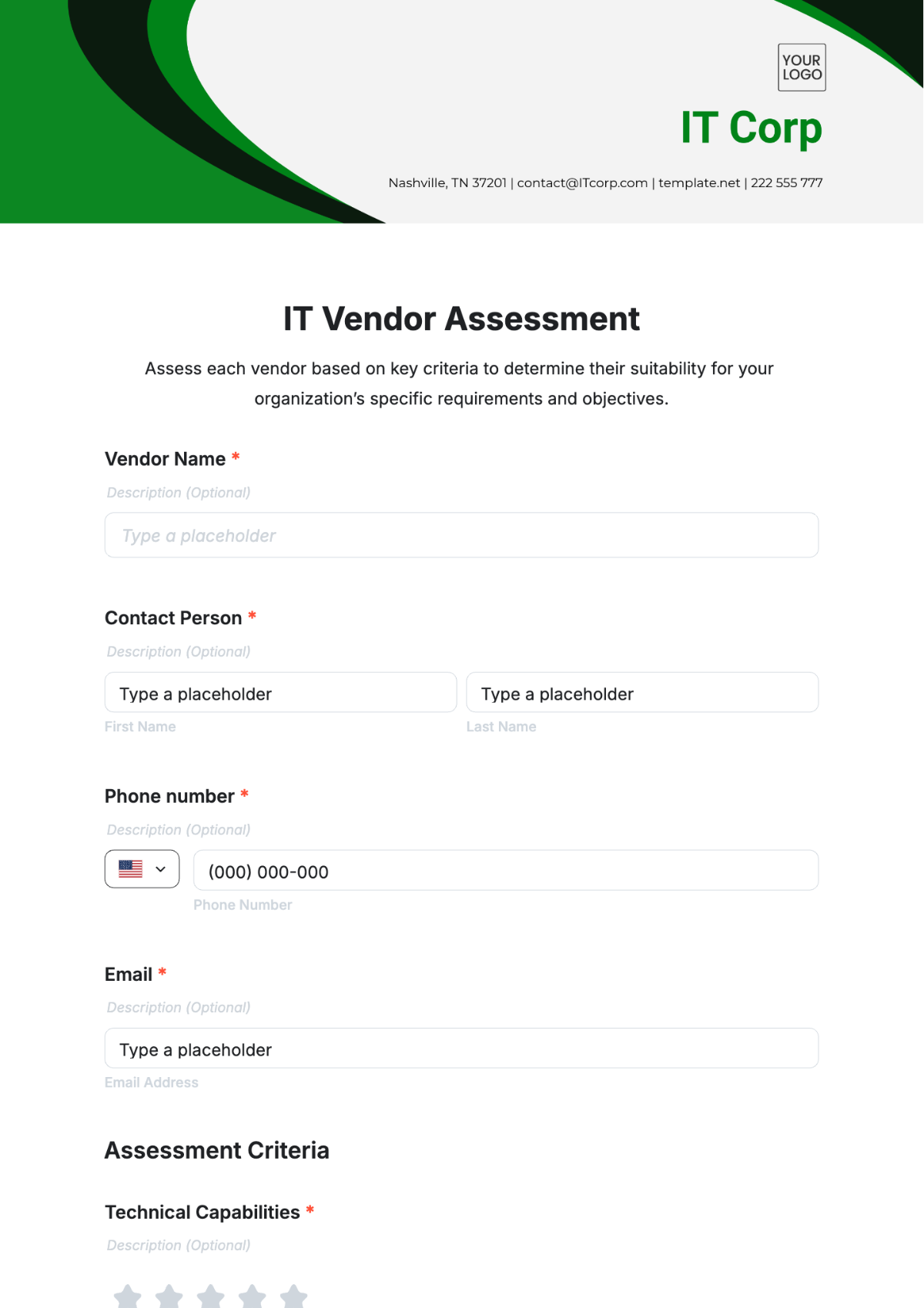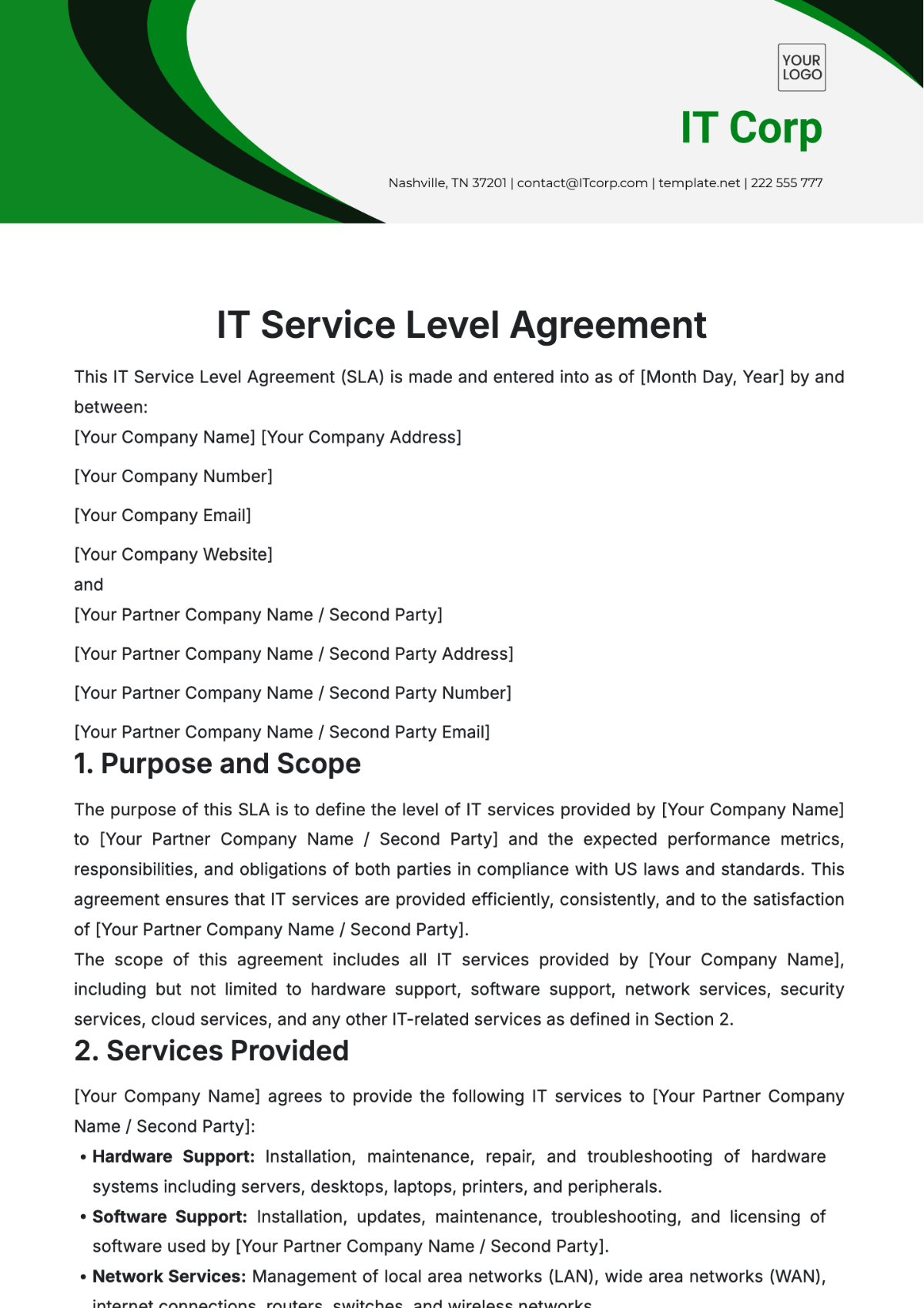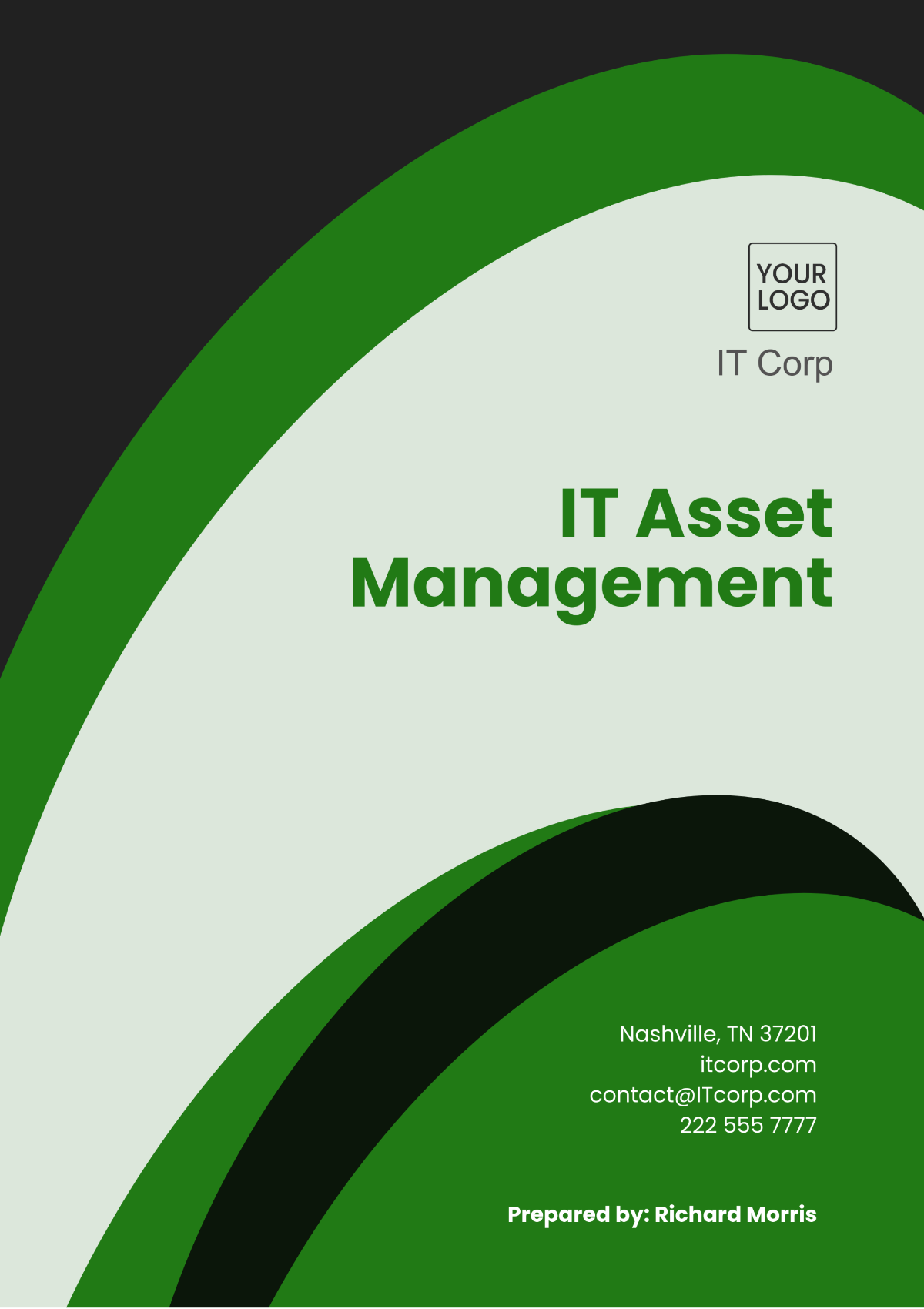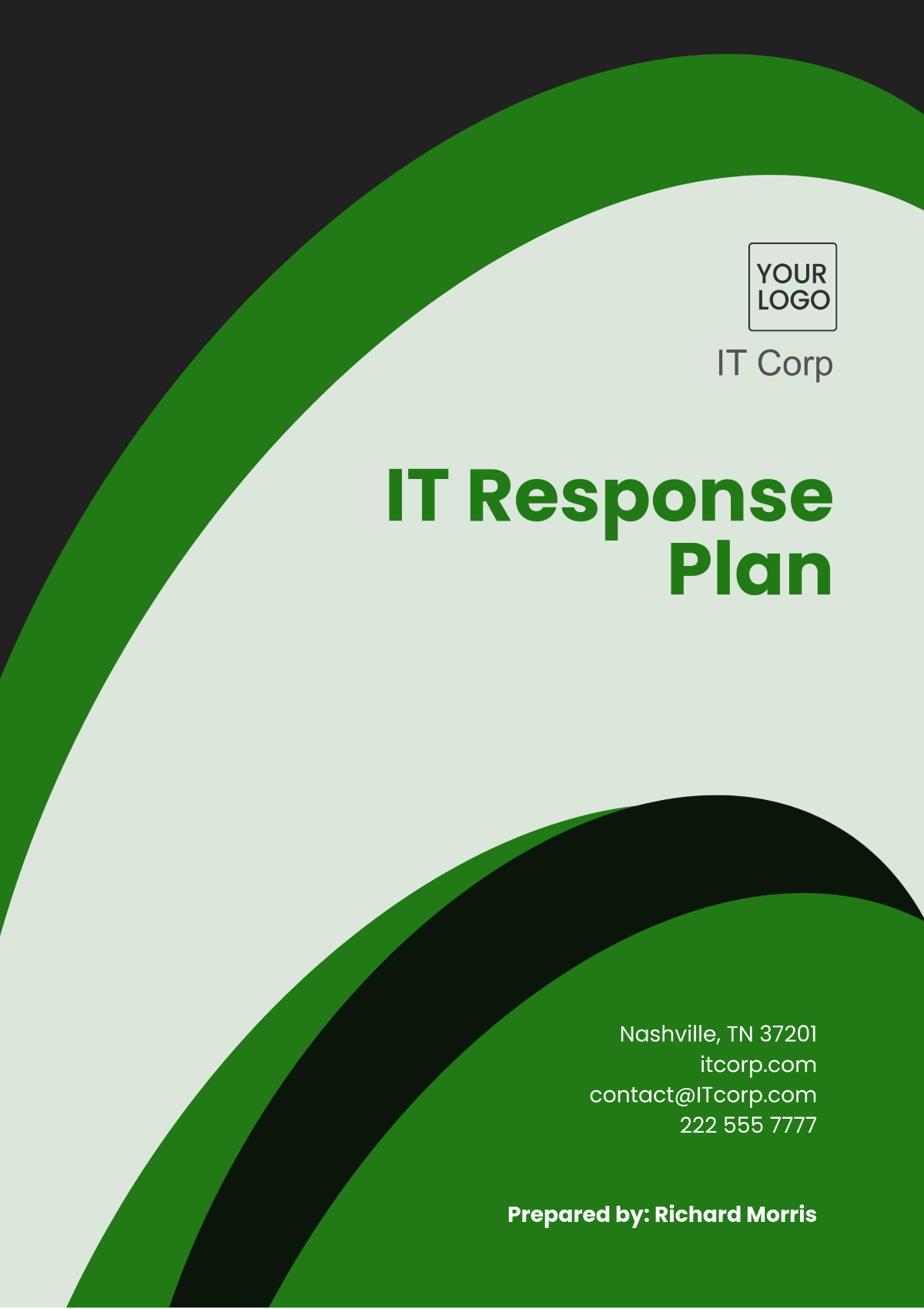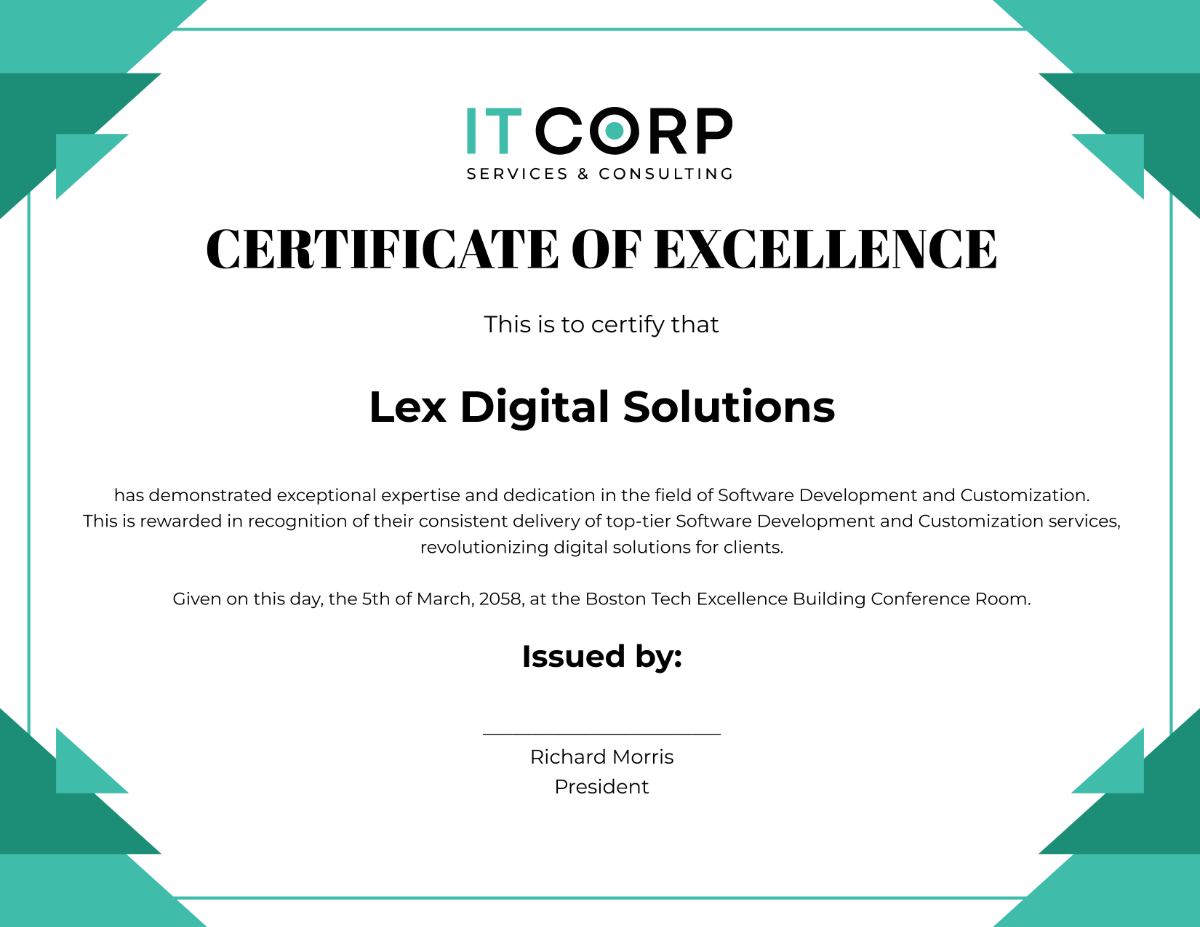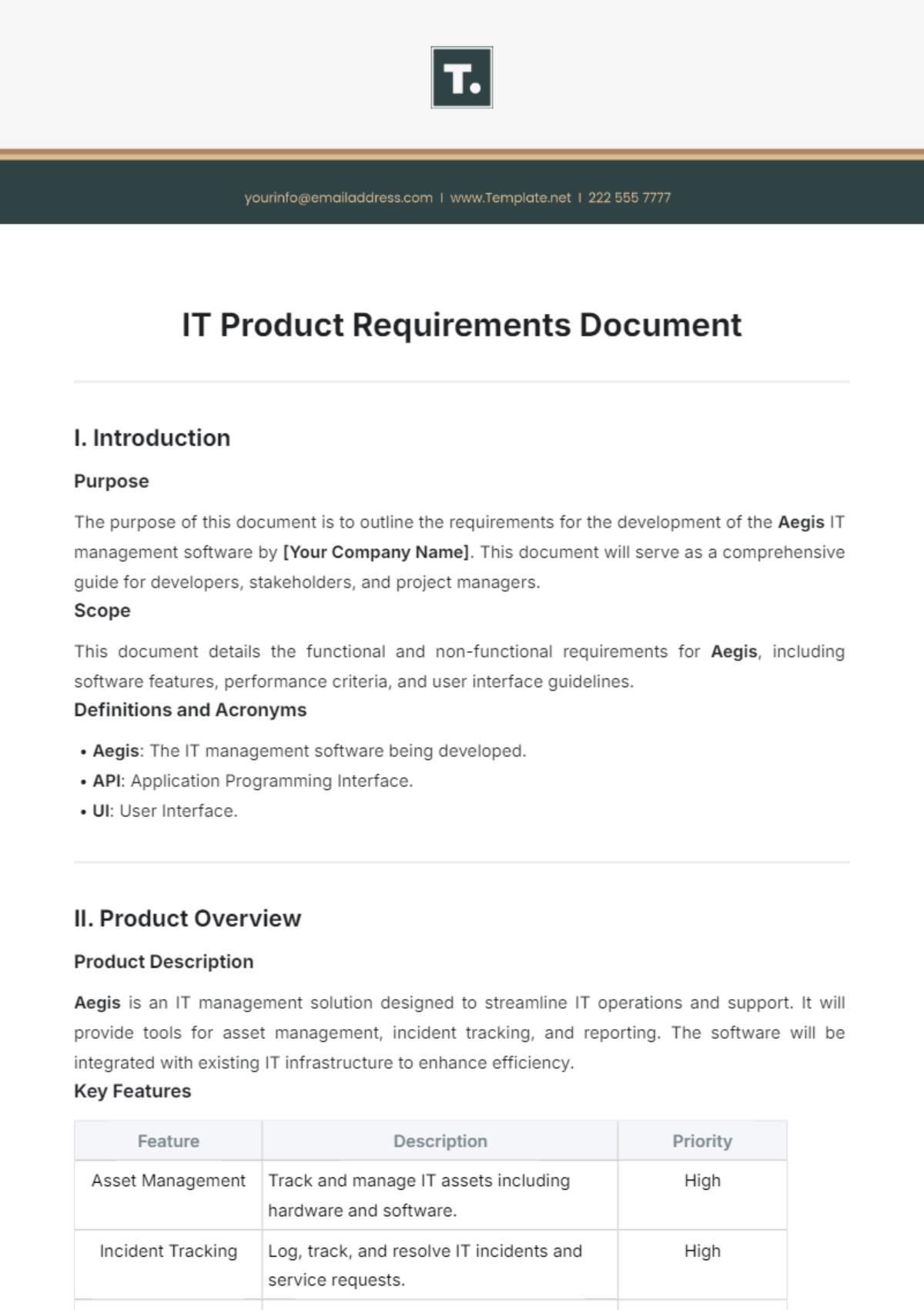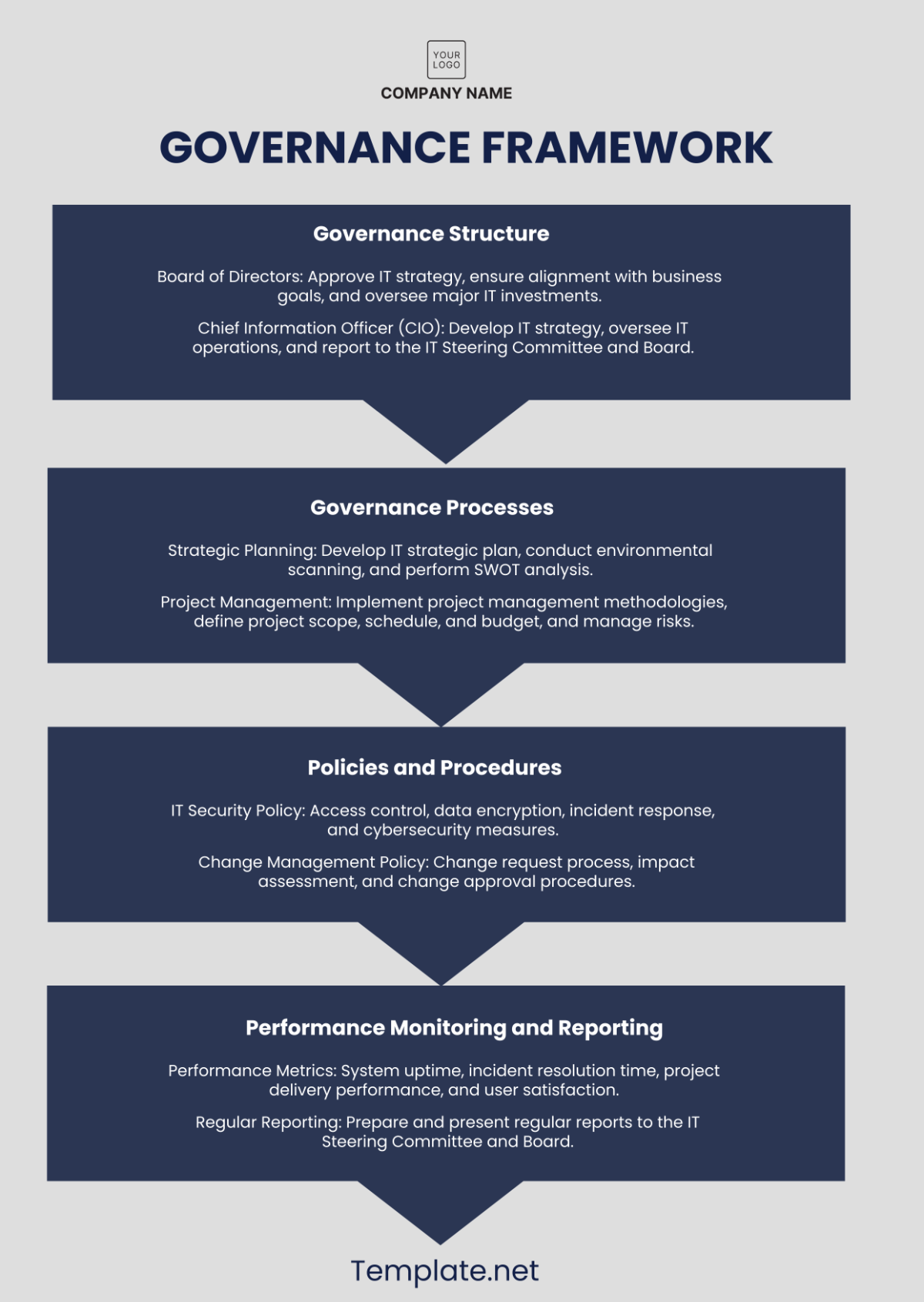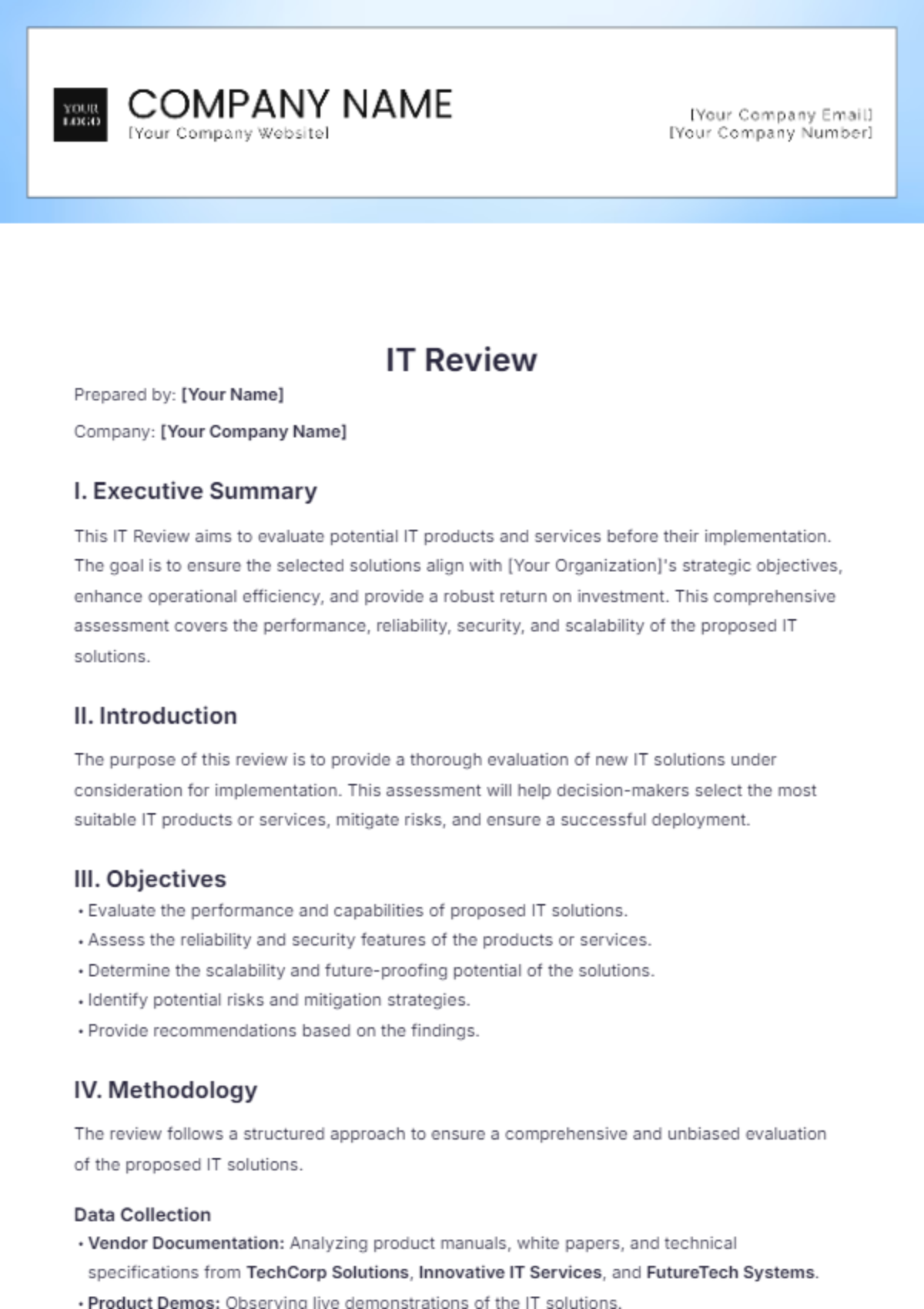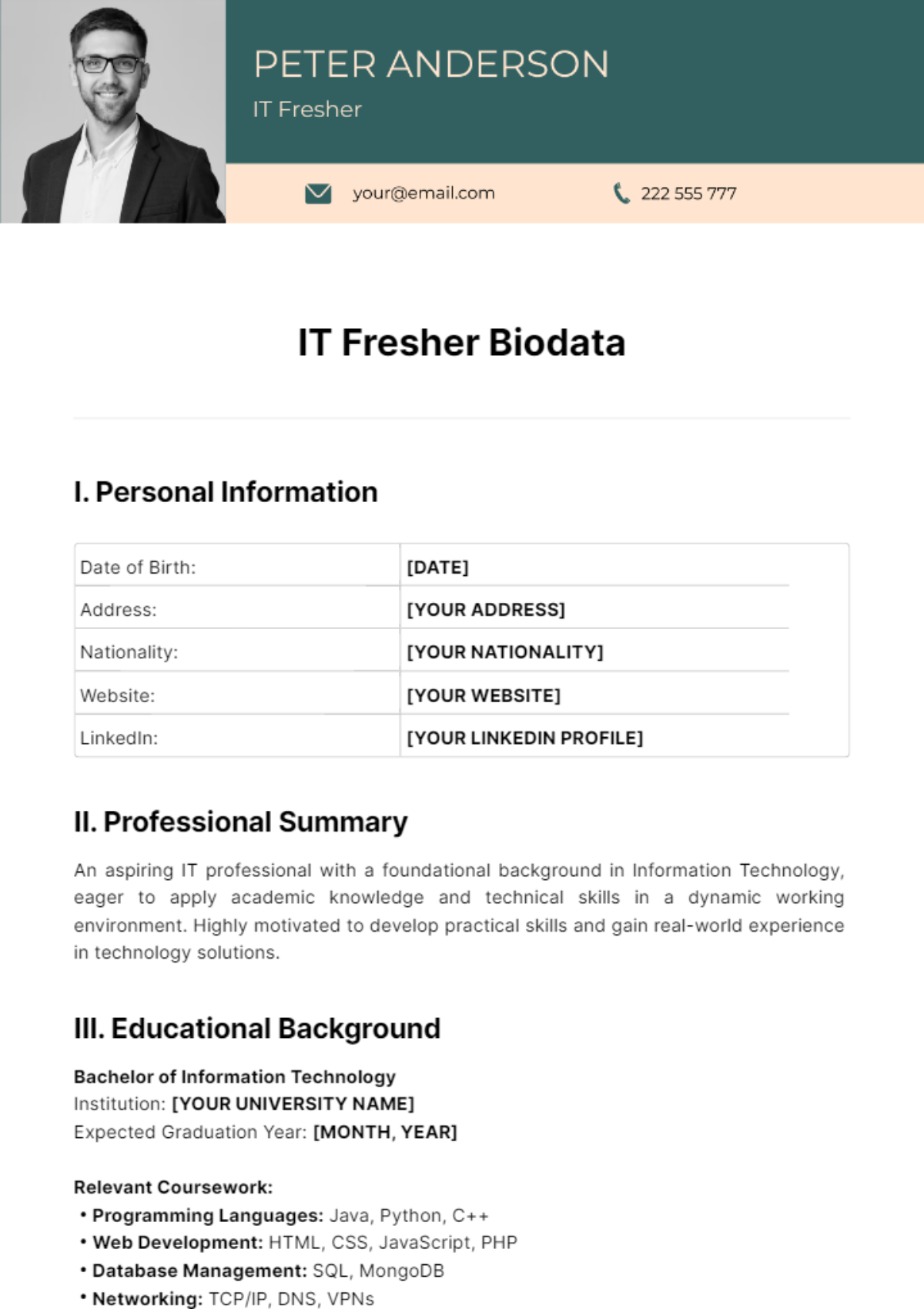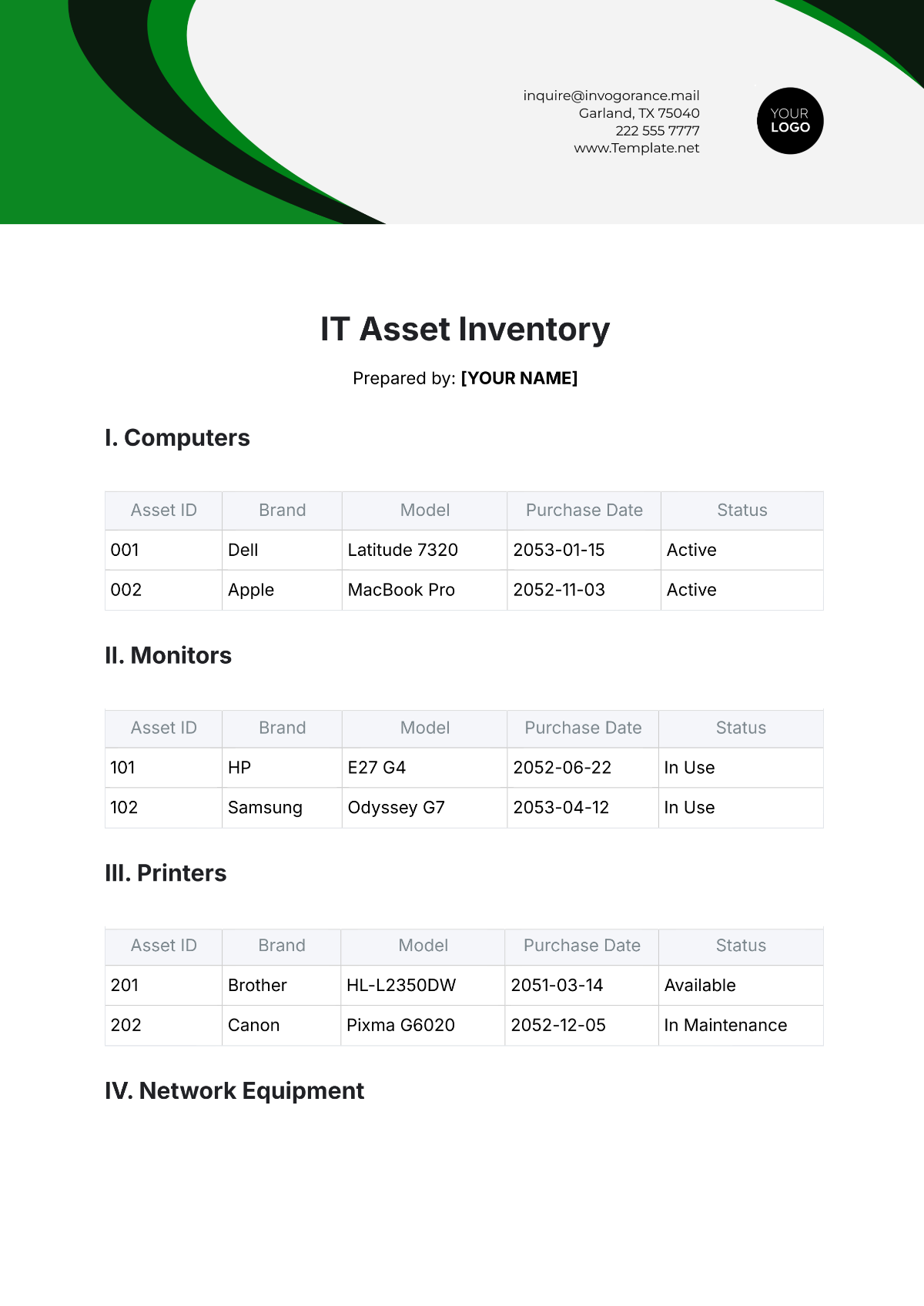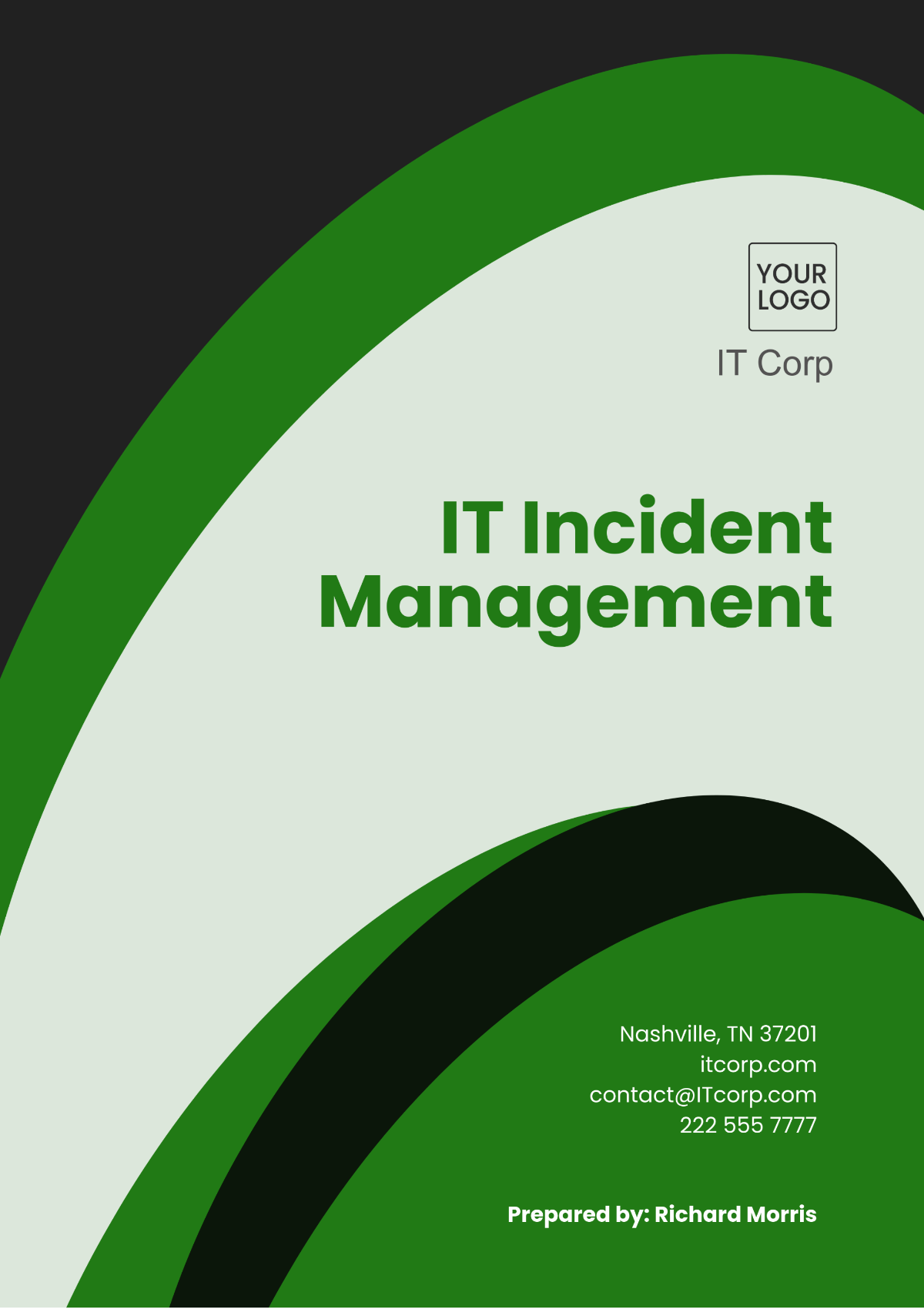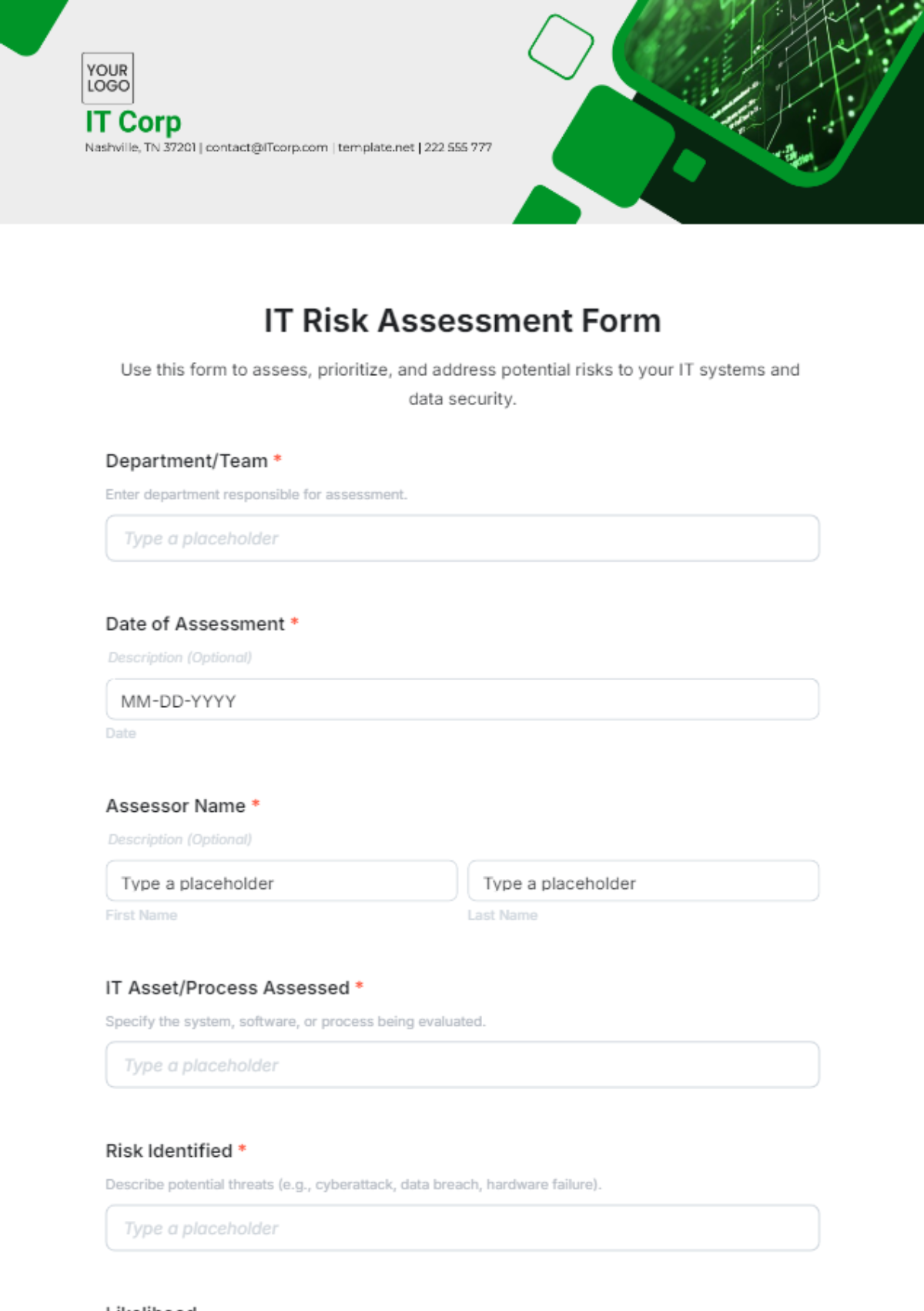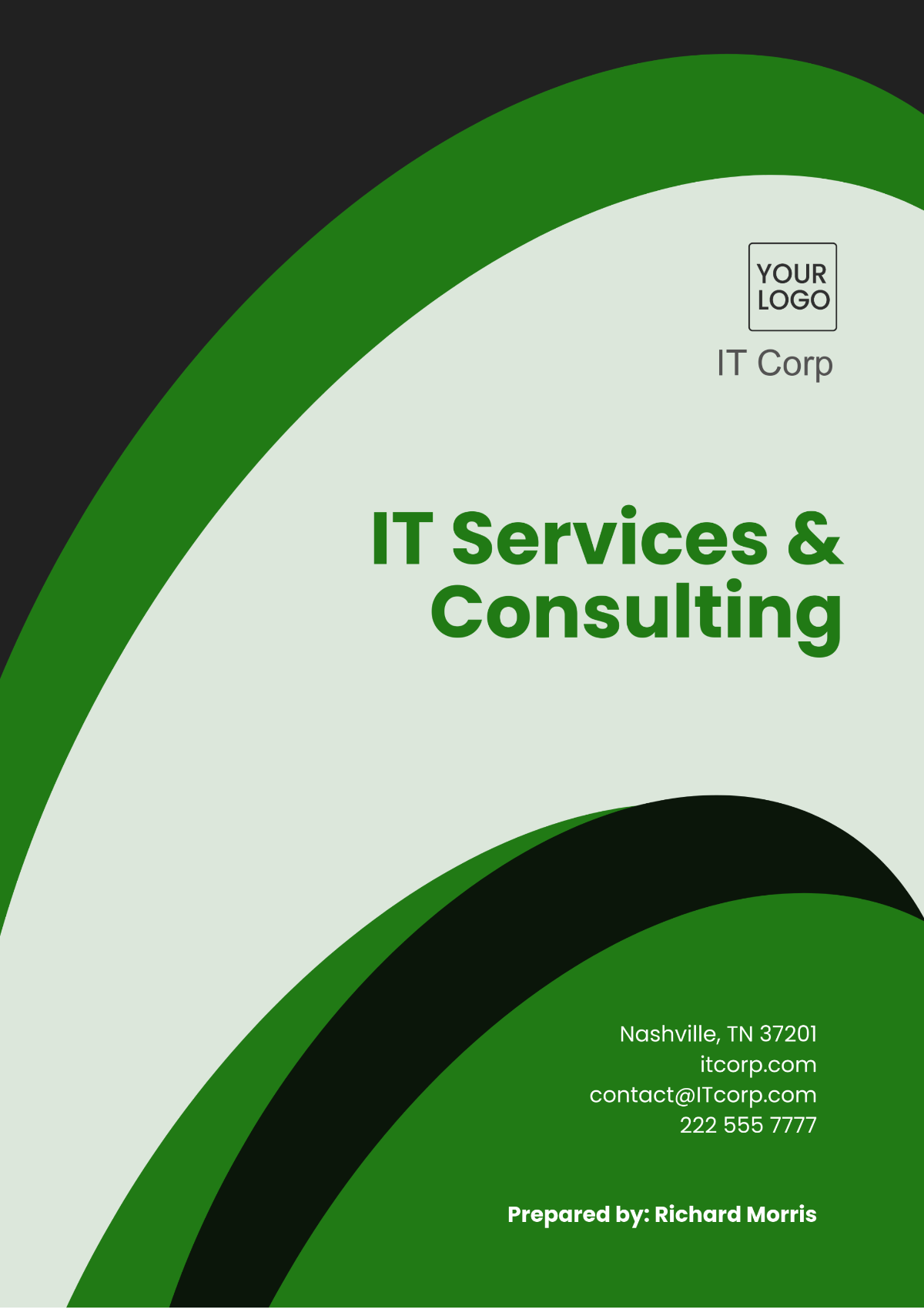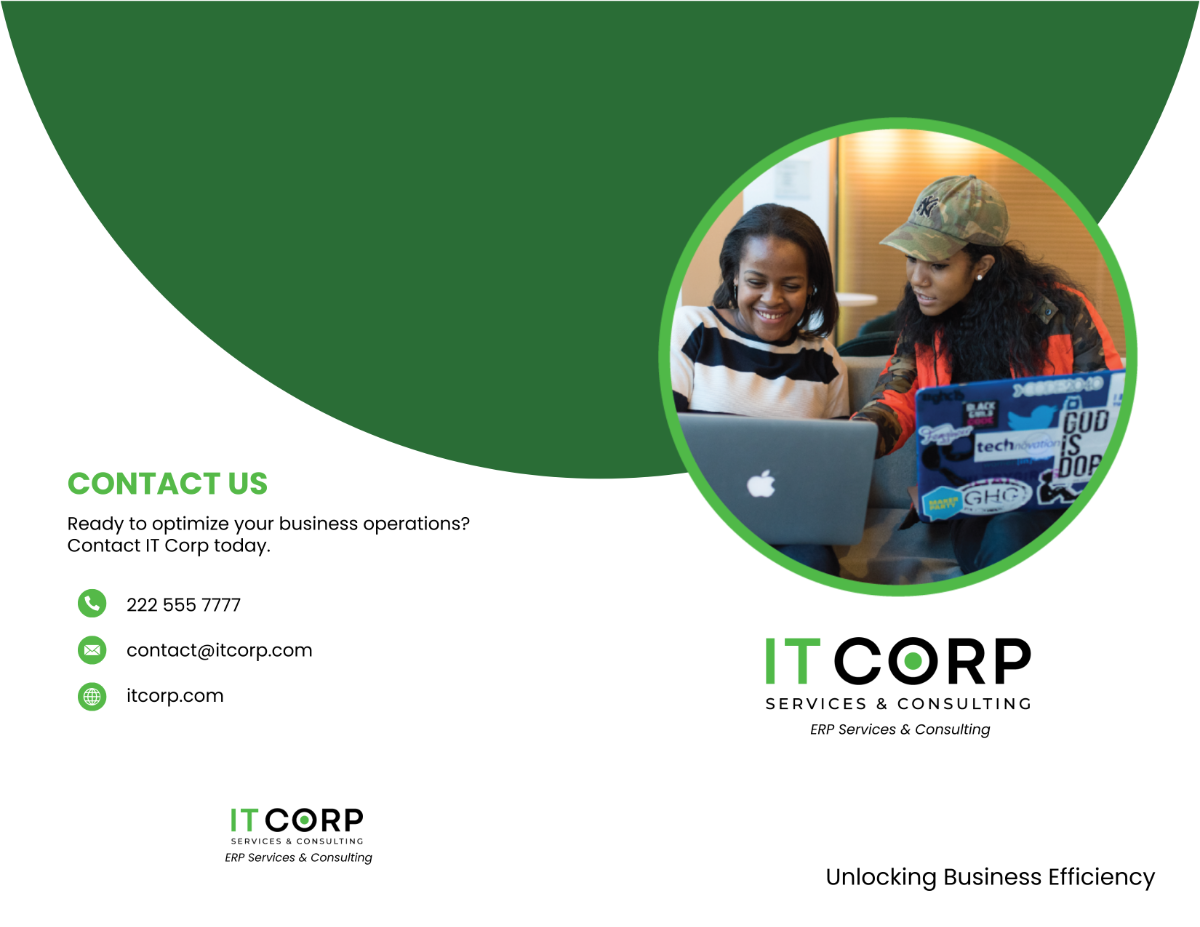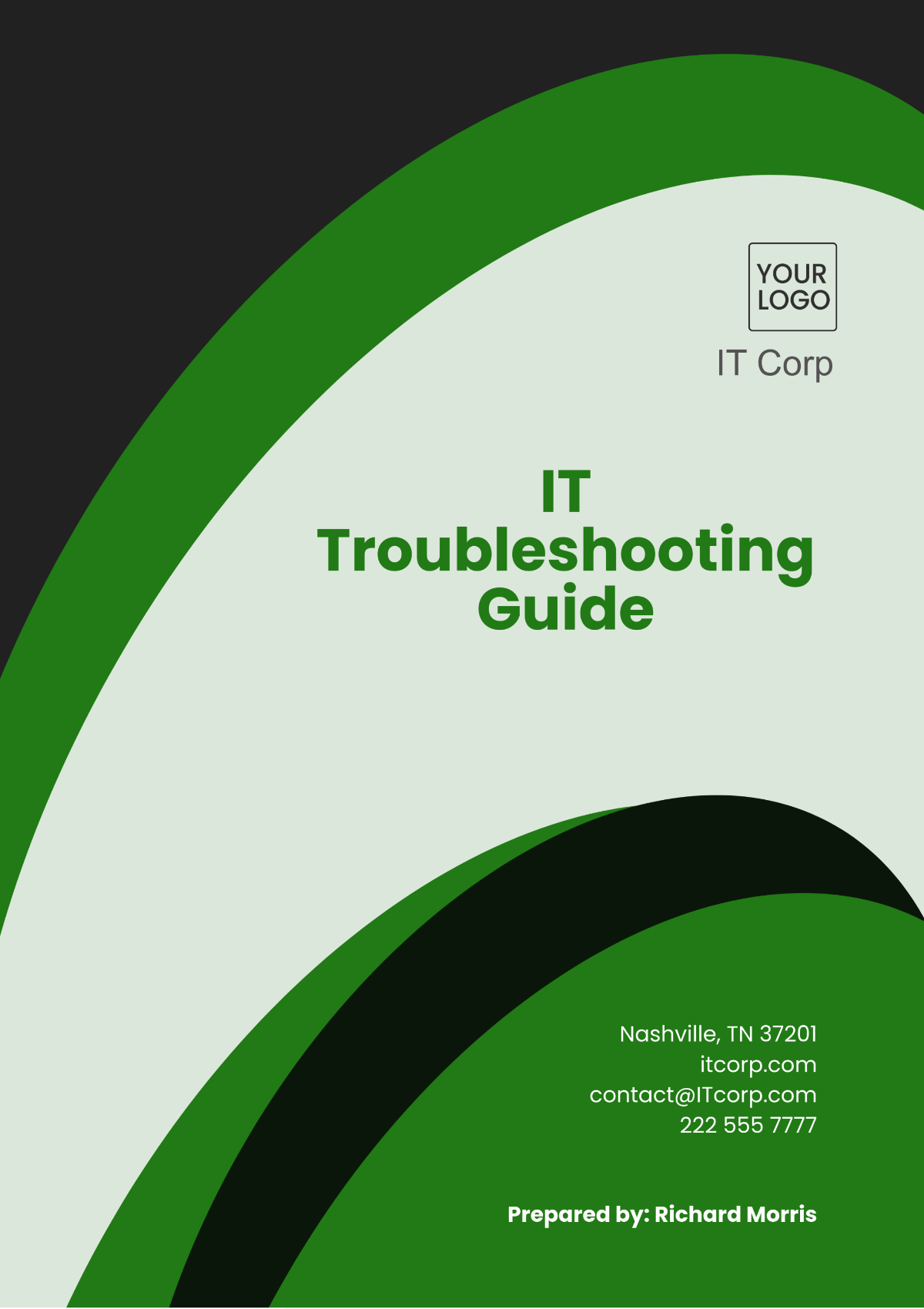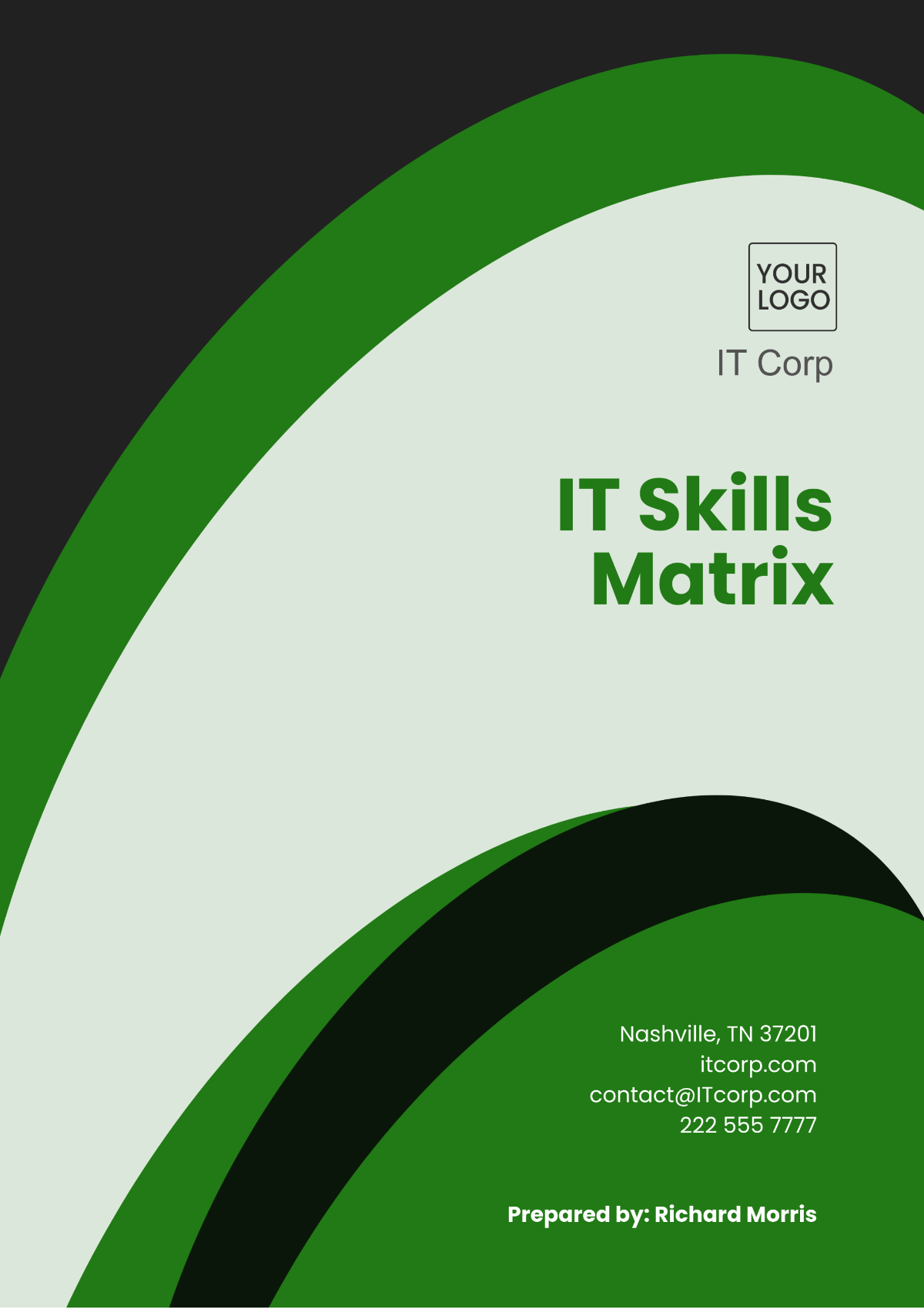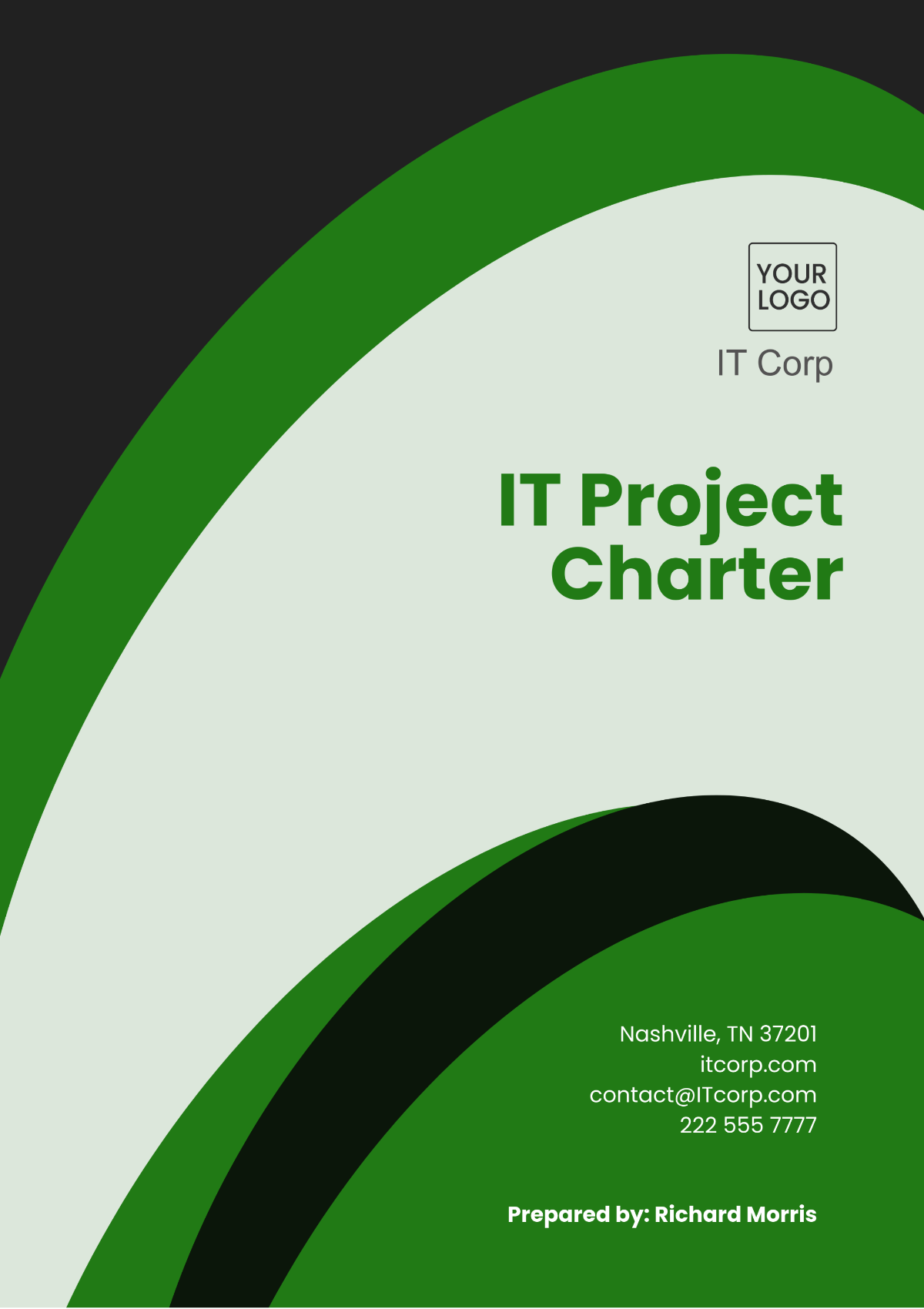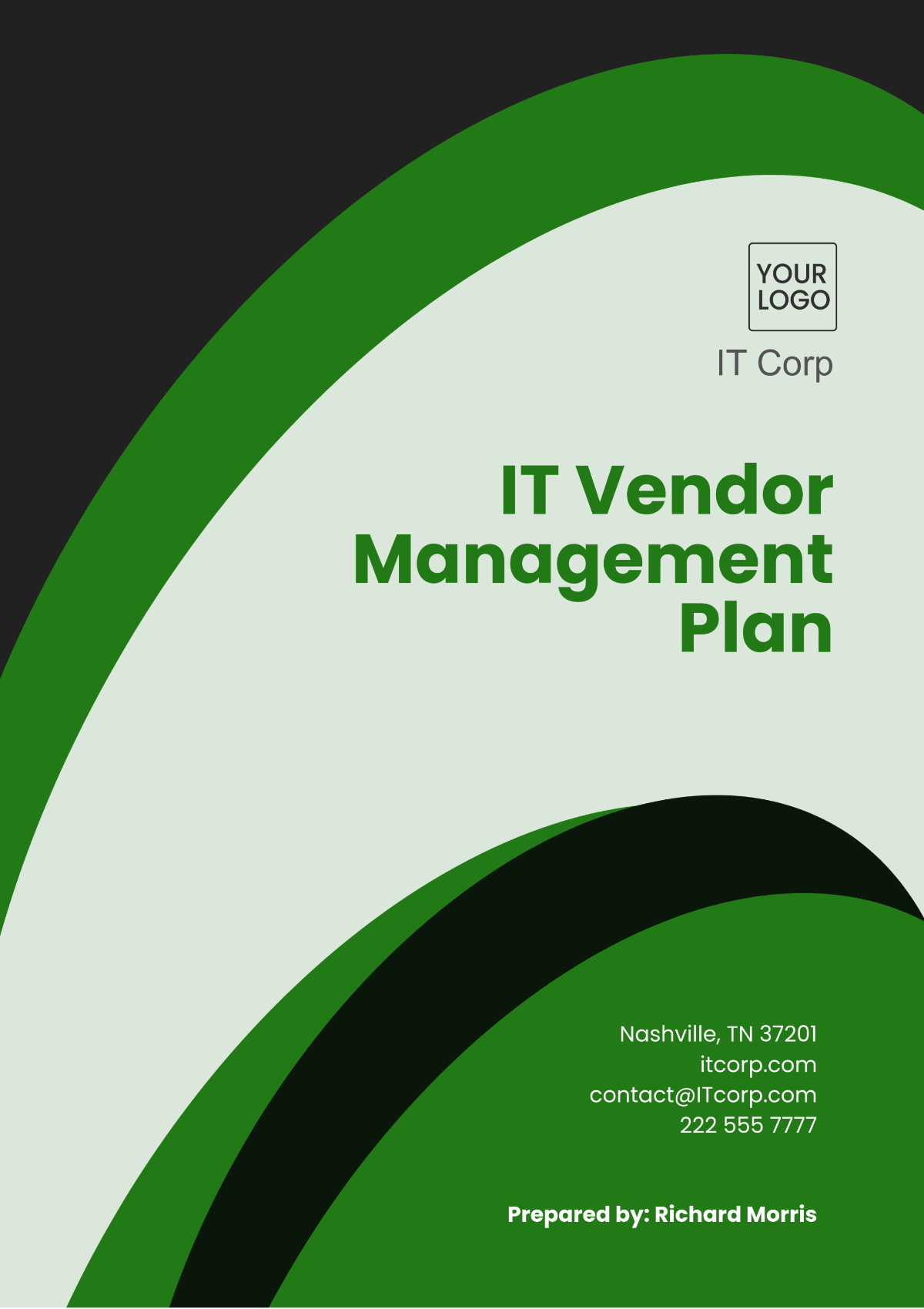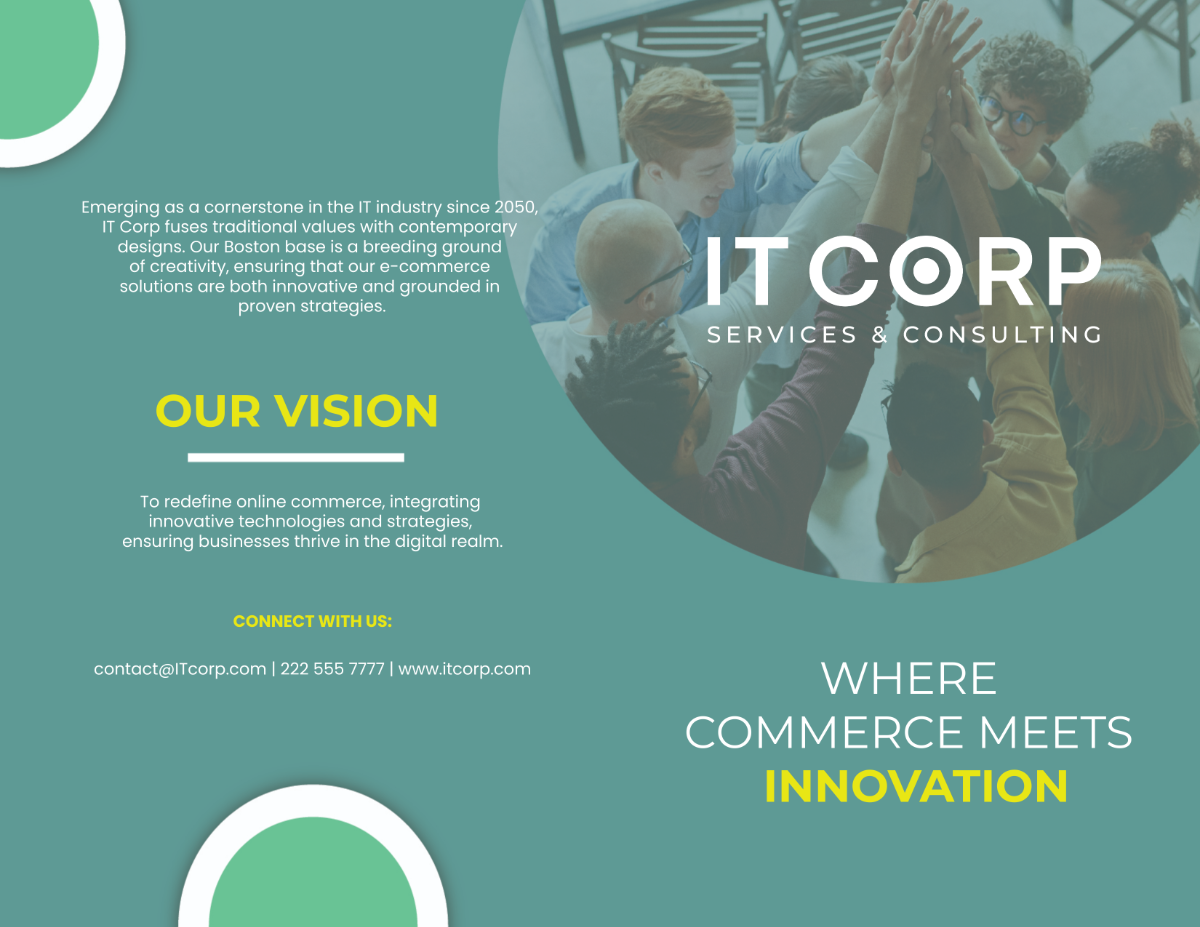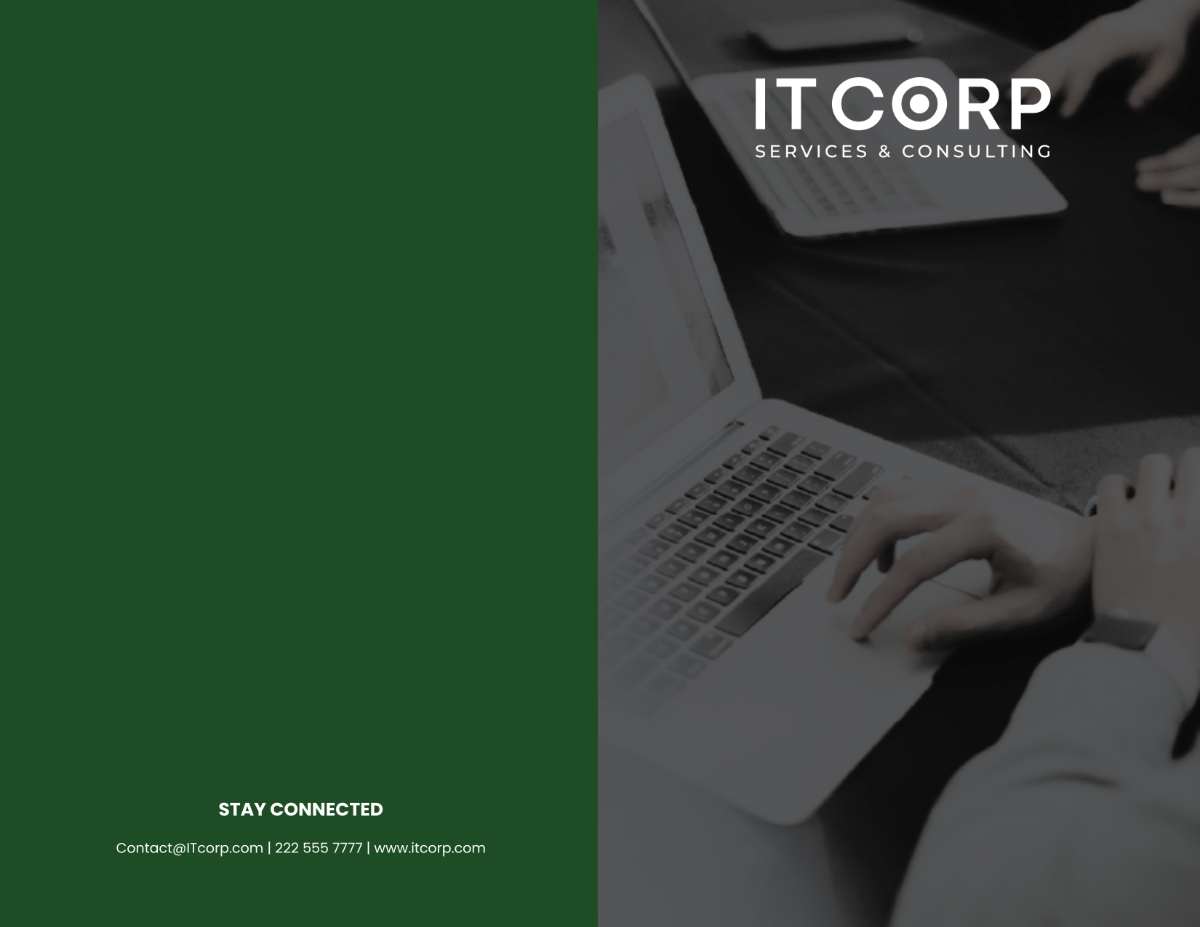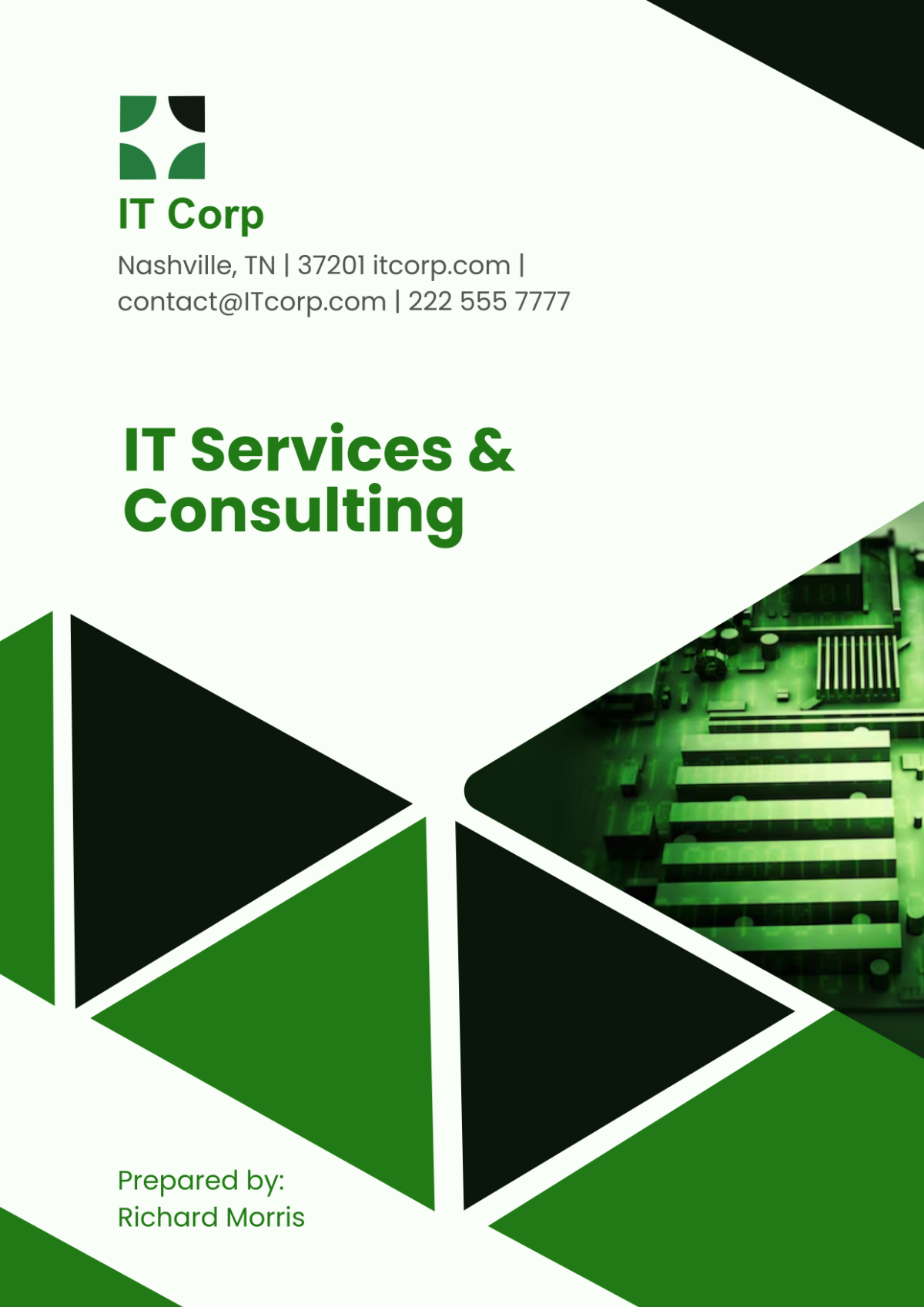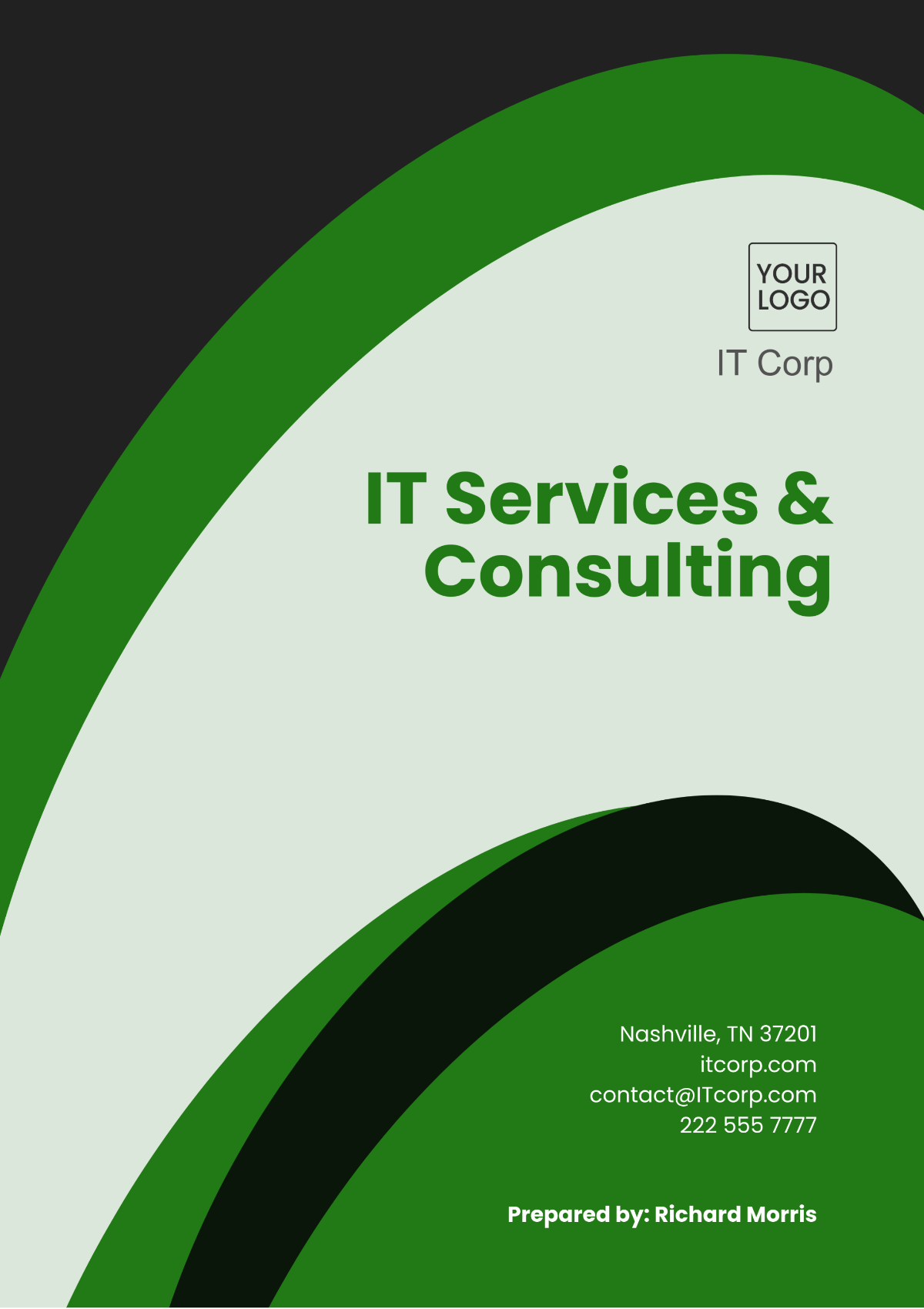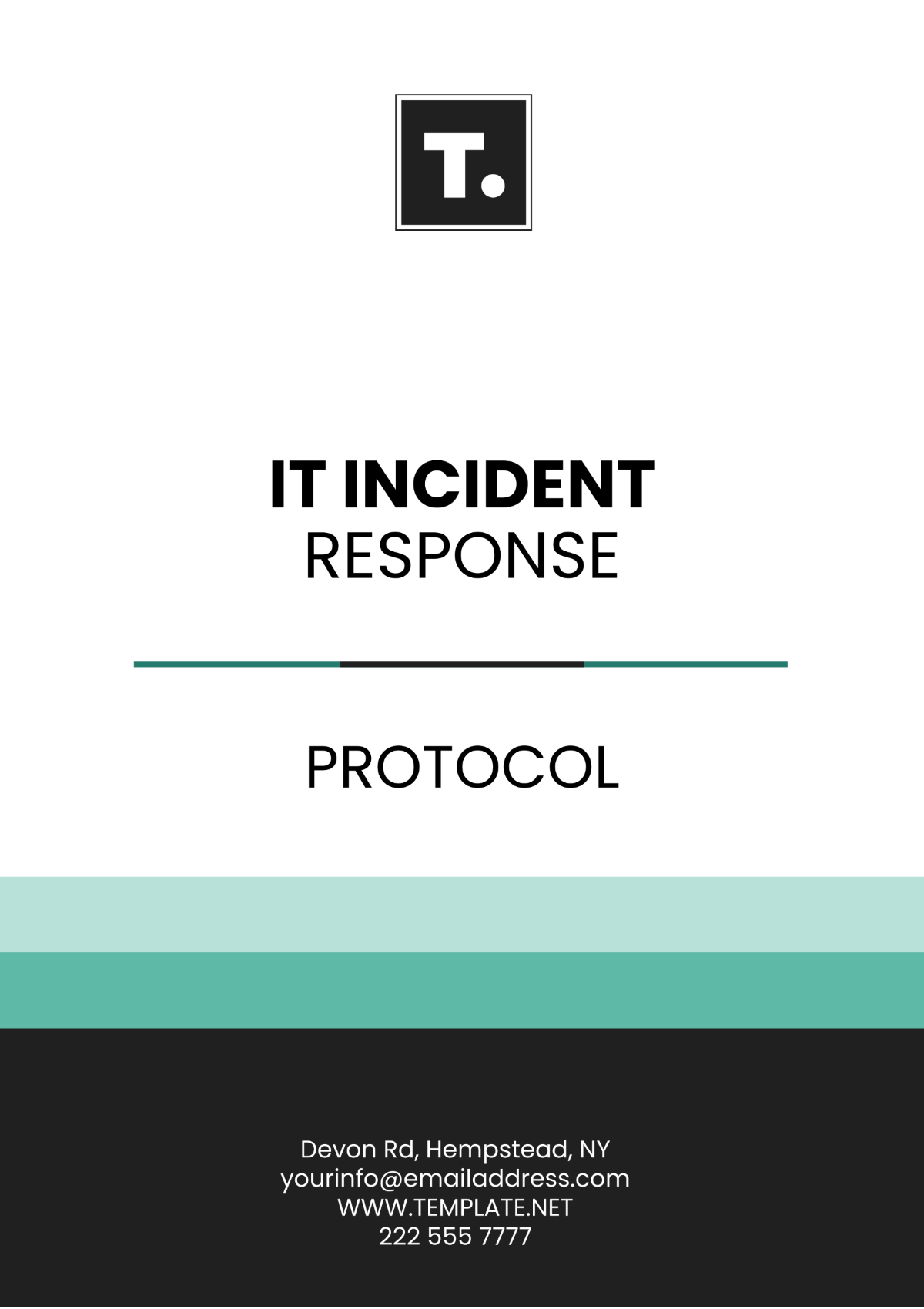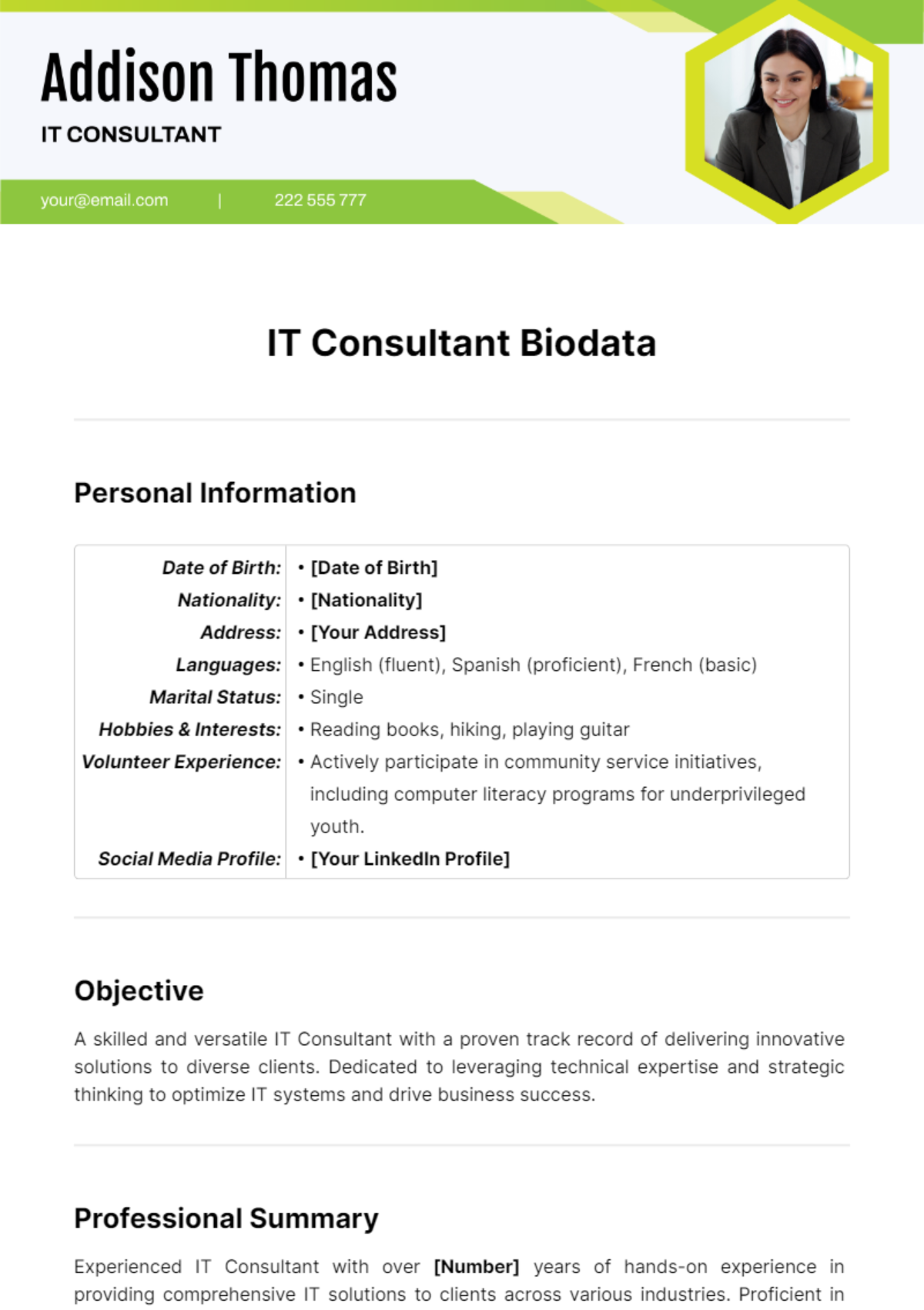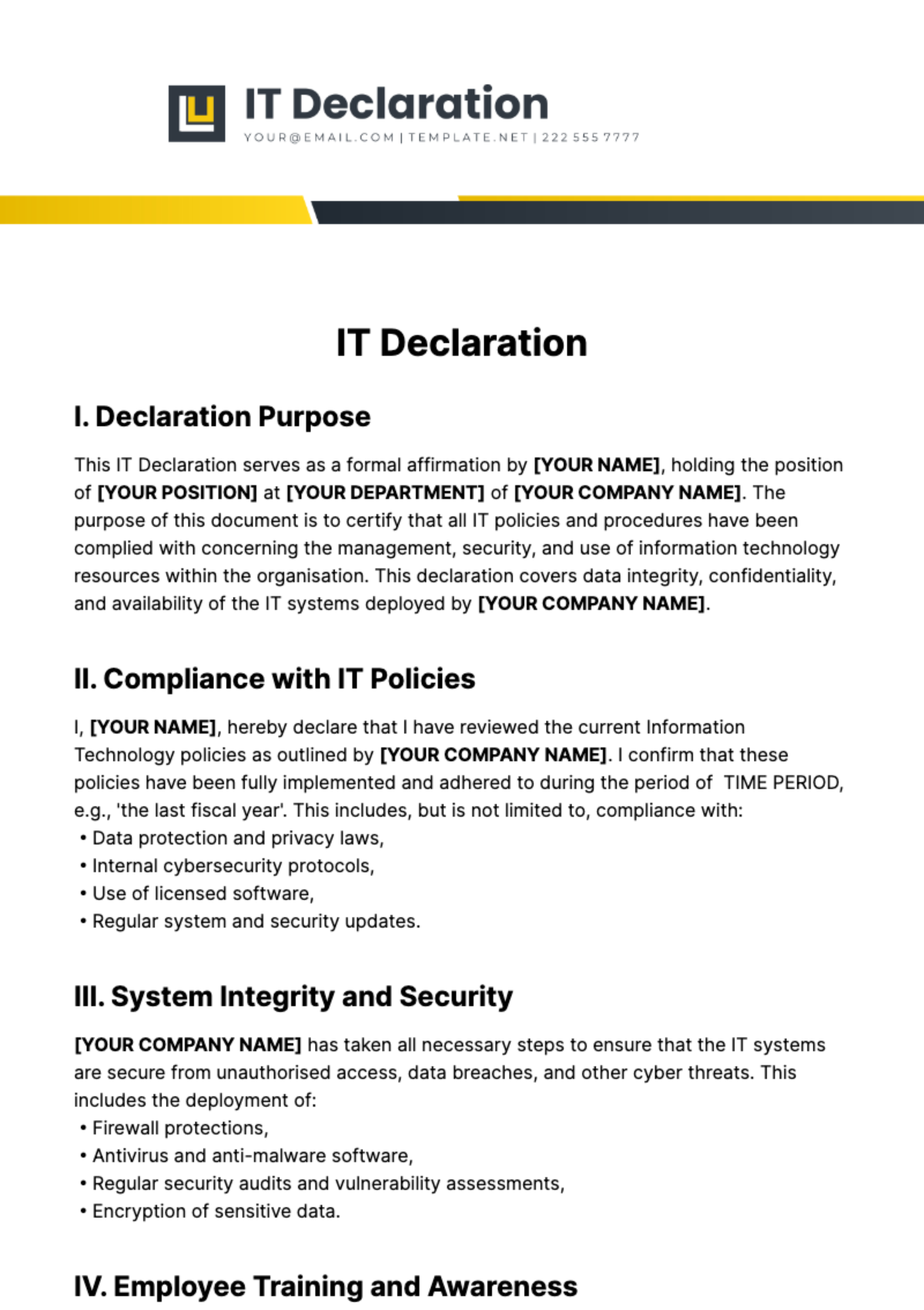IT KNOWLEDGE ARTICLE
"Exploring the Fundamentals of IT Knowledge"
Prepared by: [Your Name]
I. Introduction
In the digital age, where technology permeates every aspect of modern life, possessing a foundational understanding of Information Technology (IT) is essential. From basic computer literacy to advanced network administration, IT knowledge encompasses a diverse array of concepts and skills that empower individuals and organizations to navigate the complexities of the digital landscape. In this article, we delve into the fundamentals of IT knowledge, elucidating its importance and exploring key areas of expertise.
II. Importance of IT Knowledge

In an increasingly interconnected world, IT knowledge serves as the linchpin of technological fluency and digital competency. Whether in the realm of business, education, healthcare, or government, proficiency in IT enables individuals to leverage technology effectively, streamline processes, and drive innovation. Moreover, as society becomes more reliant on digital infrastructure, IT expertise becomes indispensable for addressing cybersecurity threats, safeguarding data integrity, and ensuring the seamless operation of critical systems.
III. Key Areas of IT Knowledge
1. Hardware and Software Fundamentals
Understanding the fundamentals of hardware and software forms the cornerstone of IT knowledge. This includes knowledge of computer components, peripheral devices, operating systems, and application software. Proficiency in hardware and software concepts empowers individuals to troubleshoot technical issues, optimize system performance, and make informed decisions regarding technology investments.
2. Networking and Internet Protocols
Networking knowledge encompasses the principles of data communication, network architecture, and internet protocols. Familiarity with networking concepts such as TCP/IP, LANs, WANs, and wireless technologies enables individuals to configure and maintain network infrastructure, troubleshoot connectivity issues, and implement robust security measures to protect against cyber threats.
3. Information Security and Cybersecurity

In an era of escalating cyber threats and data breaches, information security is of paramount importance. IT professionals must possess expertise in cybersecurity best practices, encryption techniques, threat detection, and incident response. By safeguarding digital assets and protecting sensitive information, cybersecurity specialists play a crucial role in mitigating risks and fortifying organizational resilience against cyber attacks.
4. Systems Administration and Cloud Computing
Systems administration involves the management and maintenance of IT systems, servers, and databases. With the proliferation of cloud computing services, proficiency in cloud platforms such as AWS, Azure, and Google Cloud has become increasingly valuable. Cloud computing knowledge enables organizations to leverage scalable infrastructure, enhance collaboration, and achieve cost efficiencies through resource optimization.
IV. Conclusion
In conclusion, IT knowledge forms the bedrock of digital literacy and technological proficiency in the 21st century. By mastering the fundamentals of hardware, software, networking, cybersecurity, and cloud computing, individuals and organizations can harness the transformative power of technology to drive innovation, enhance productivity, and navigate the complexities of the digital age. As technology continues to evolve at a rapid pace, cultivating a culture of continuous learning and adaptation is key to staying abreast of emerging trends and emerging as a leader in the dynamic field of Information Technology.
